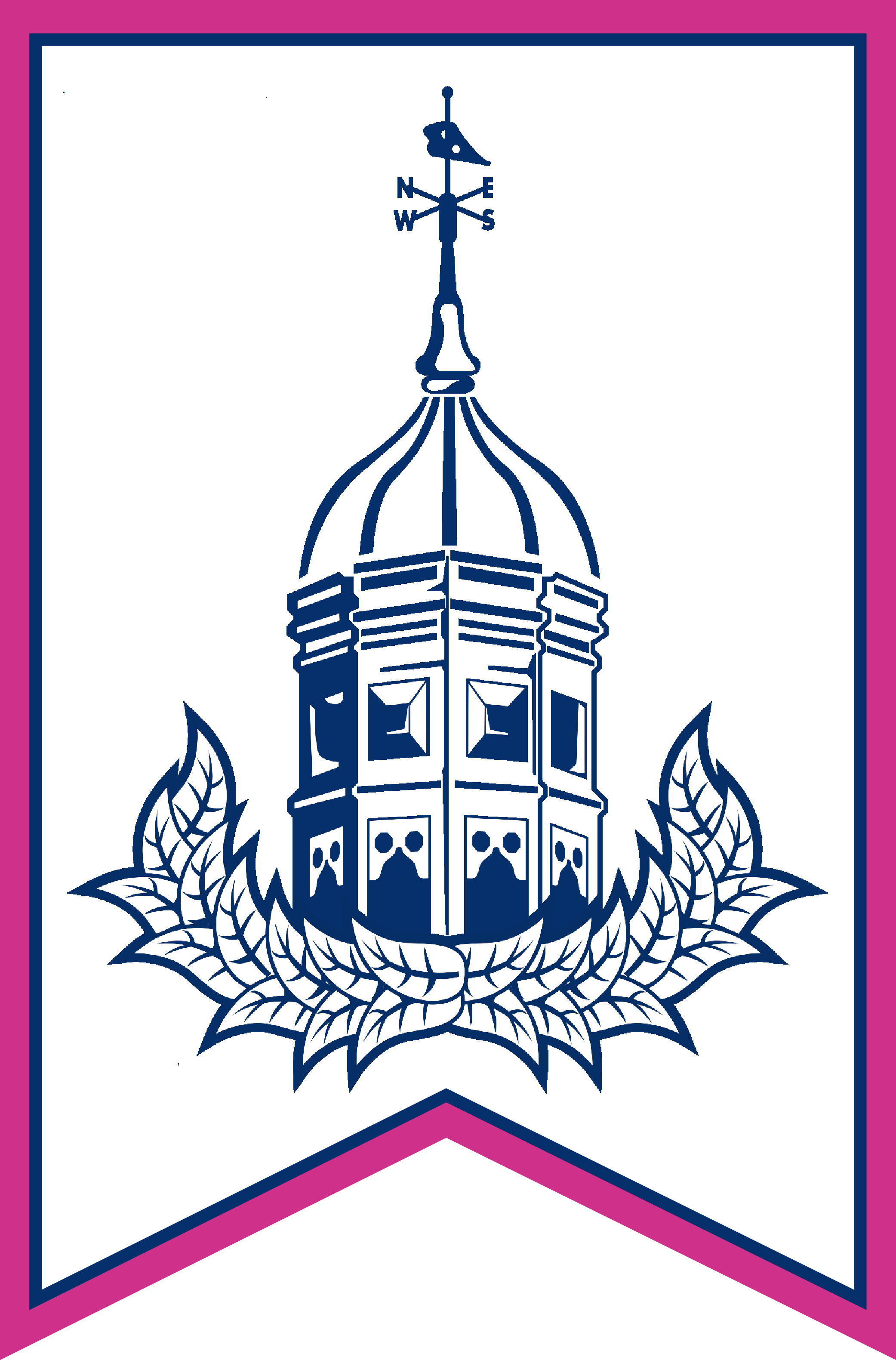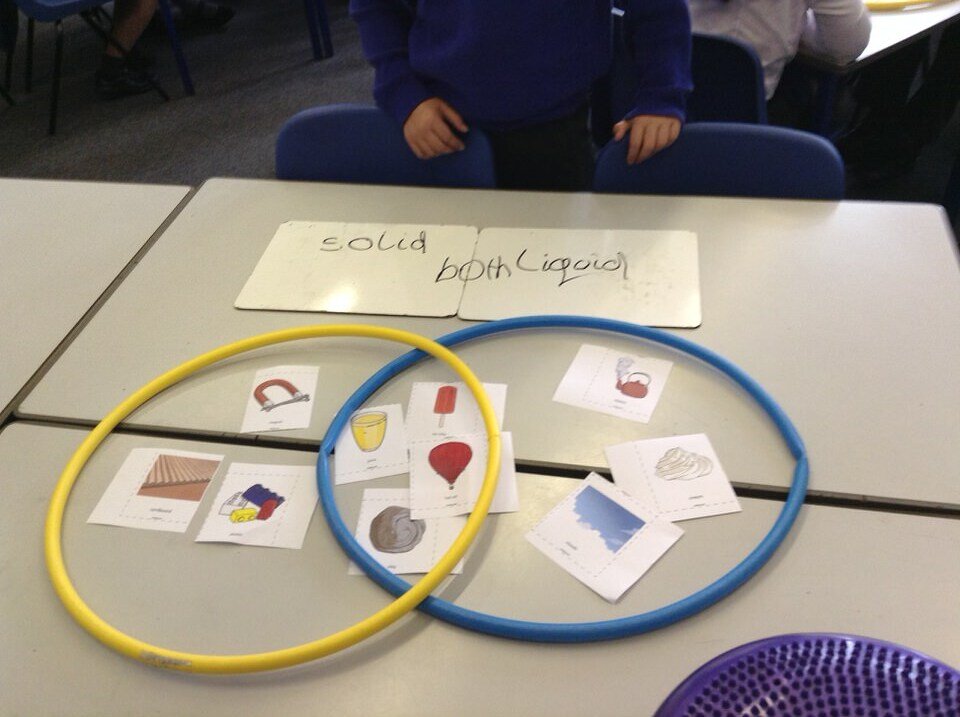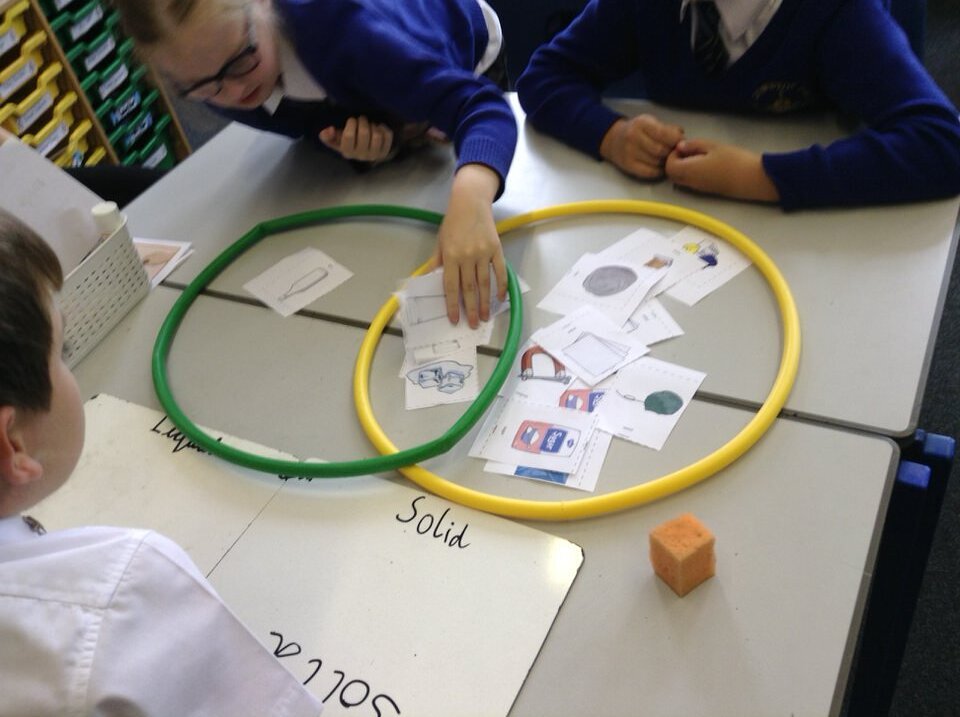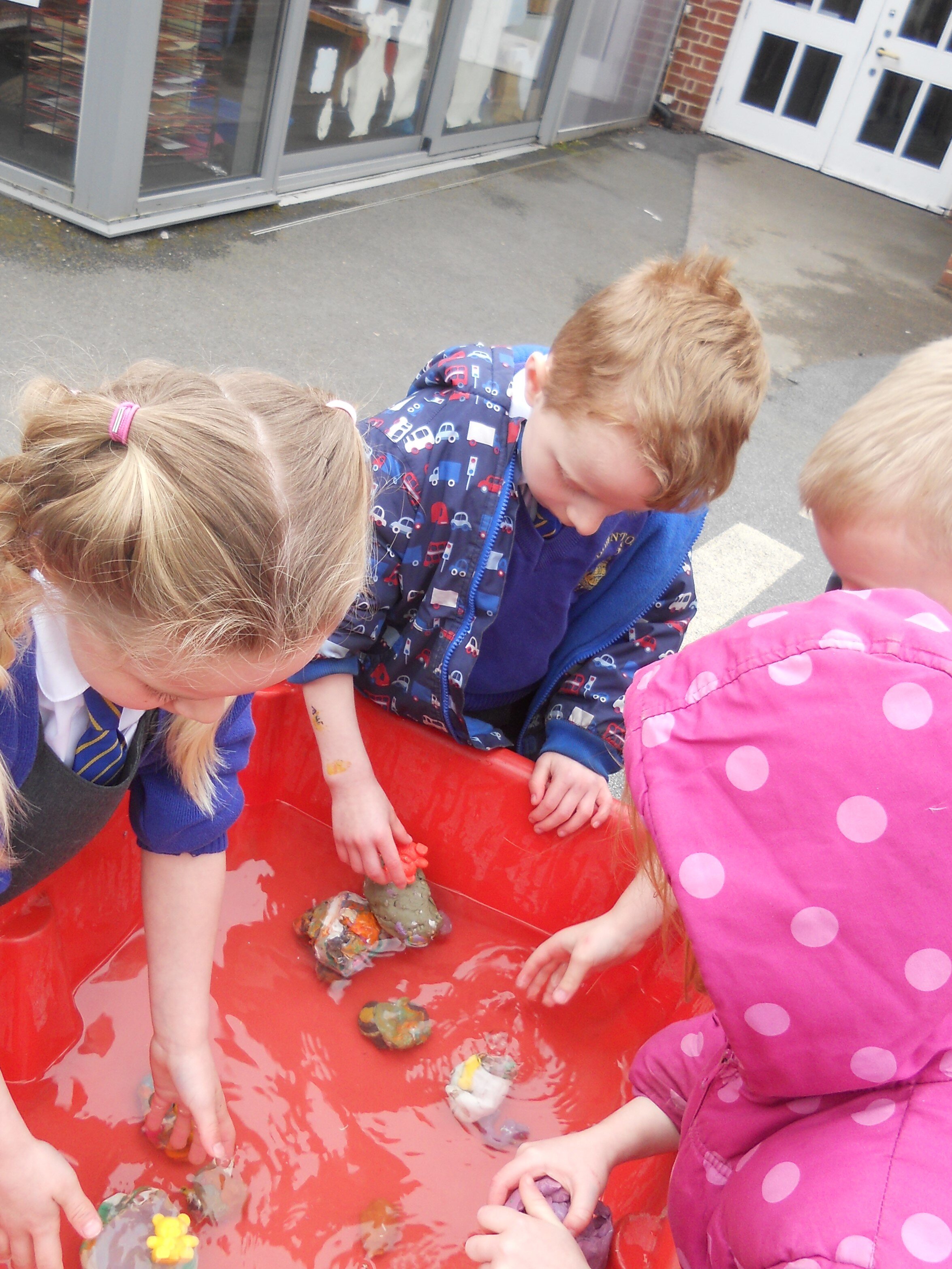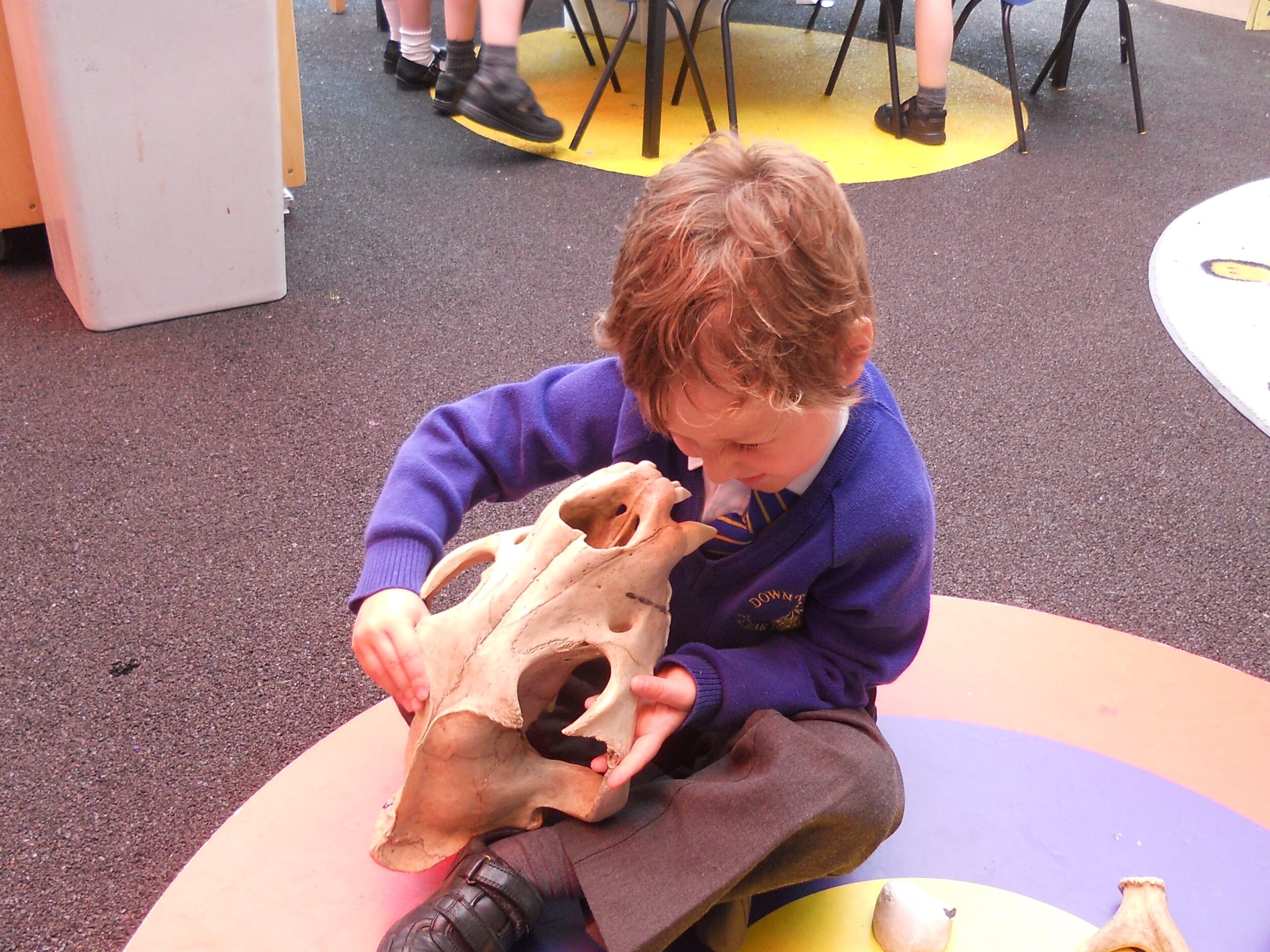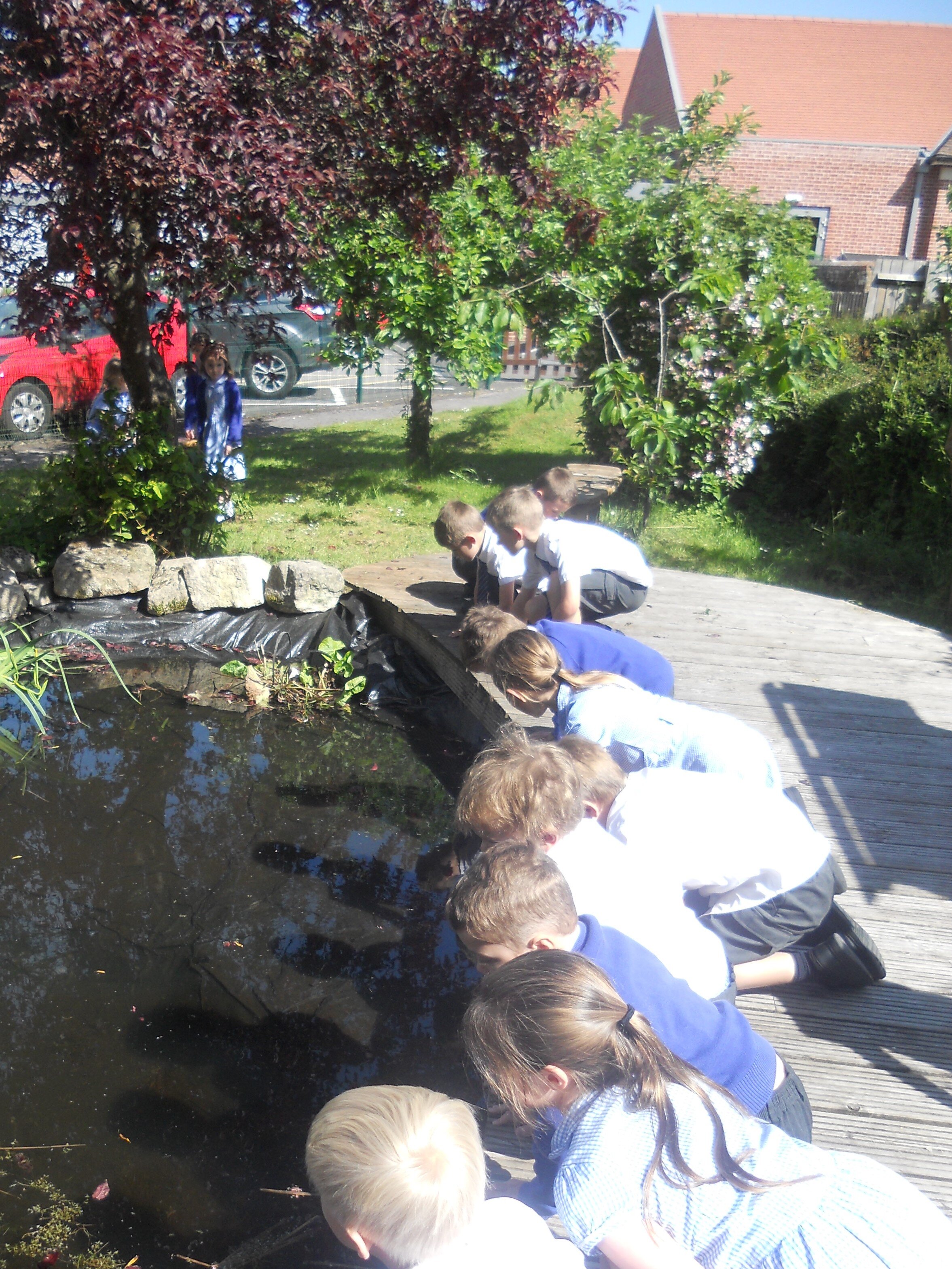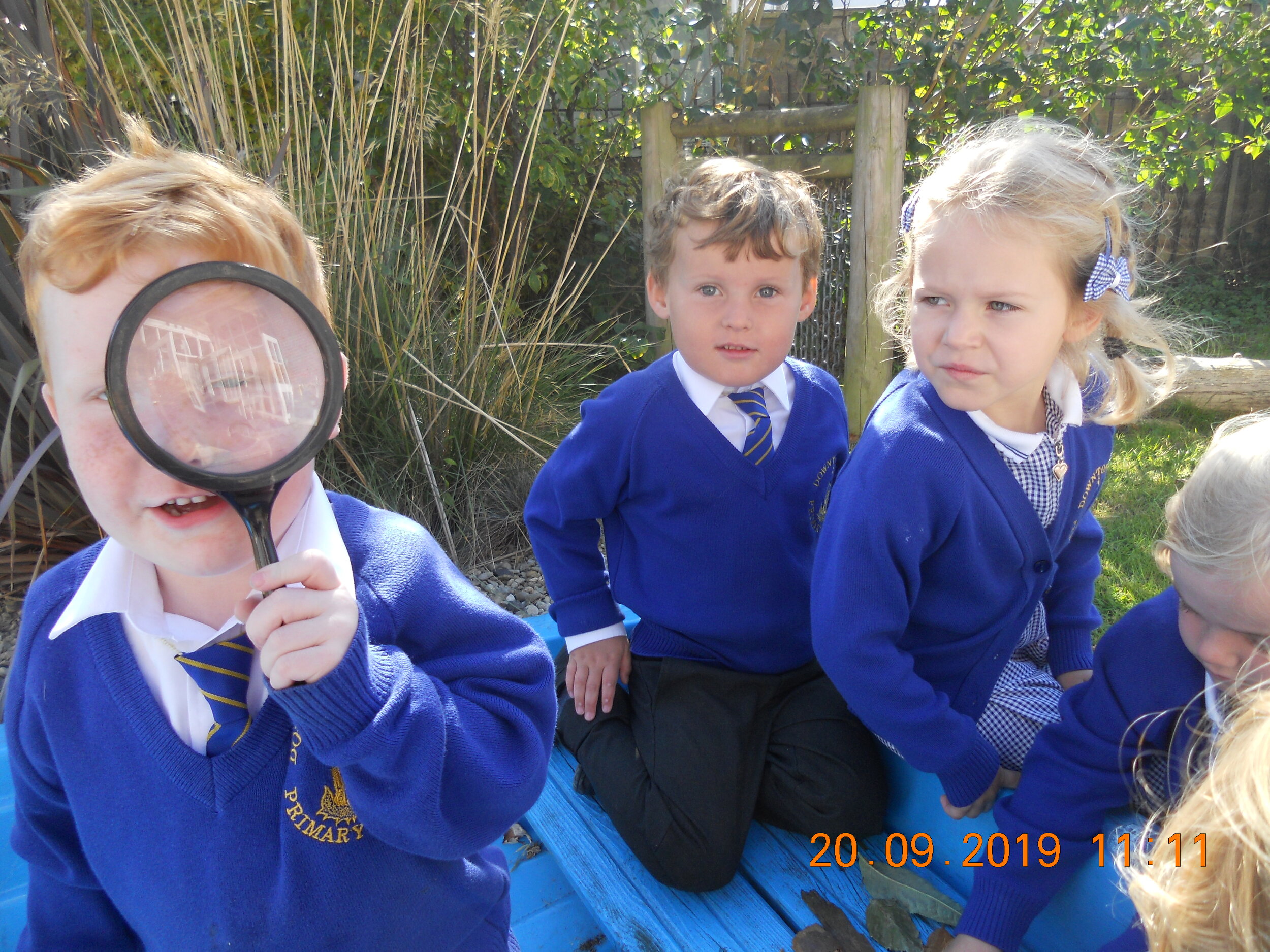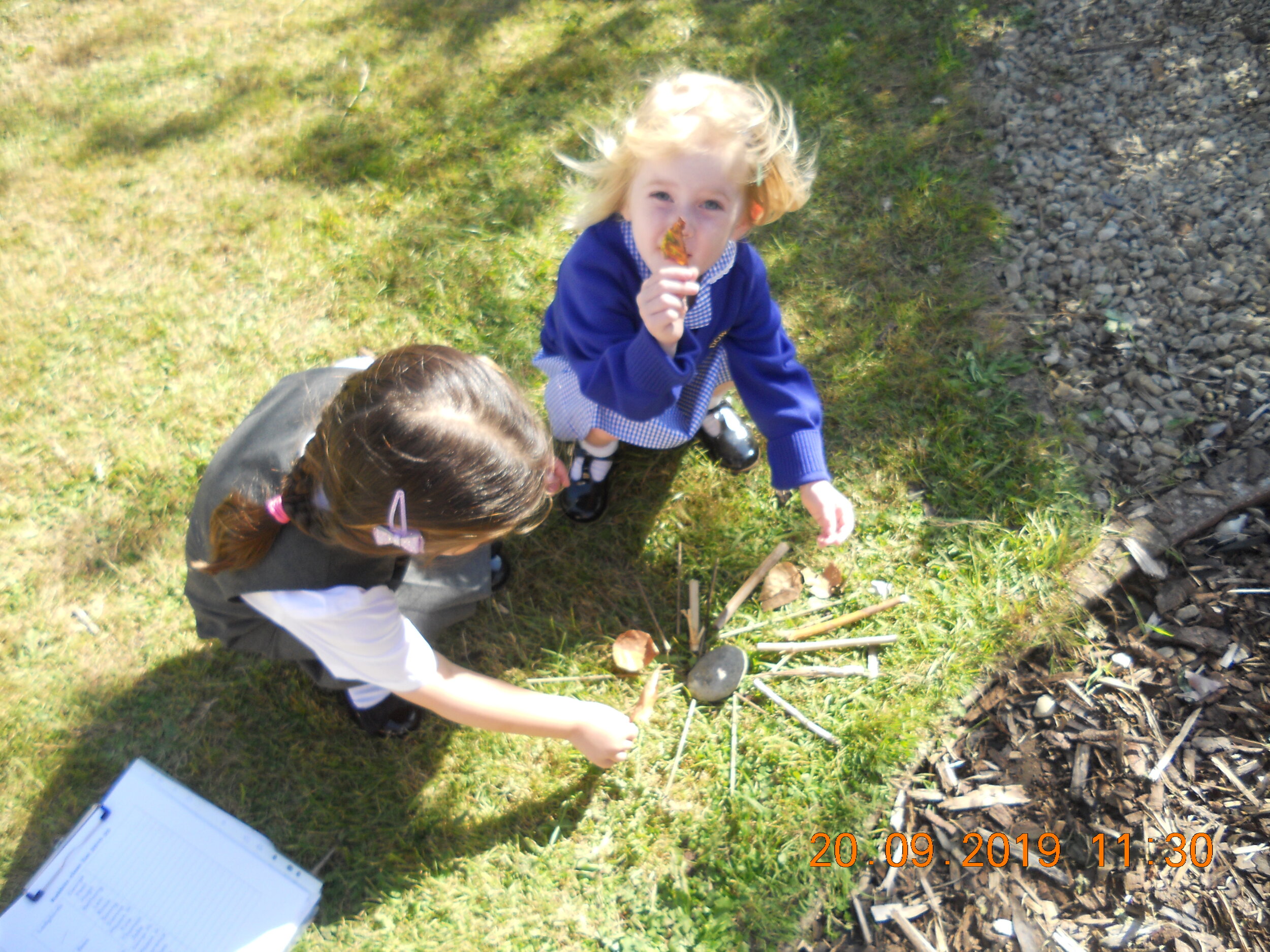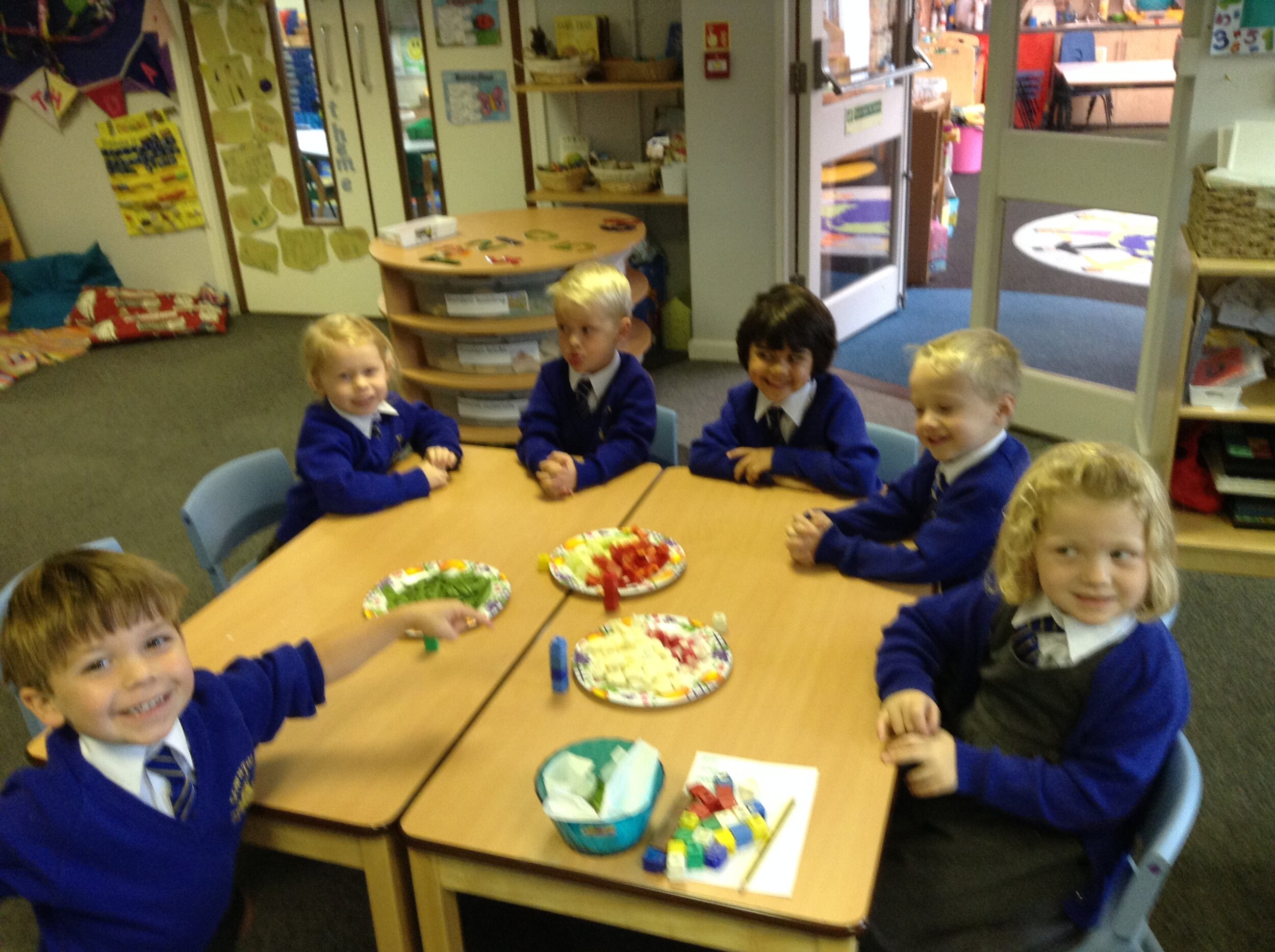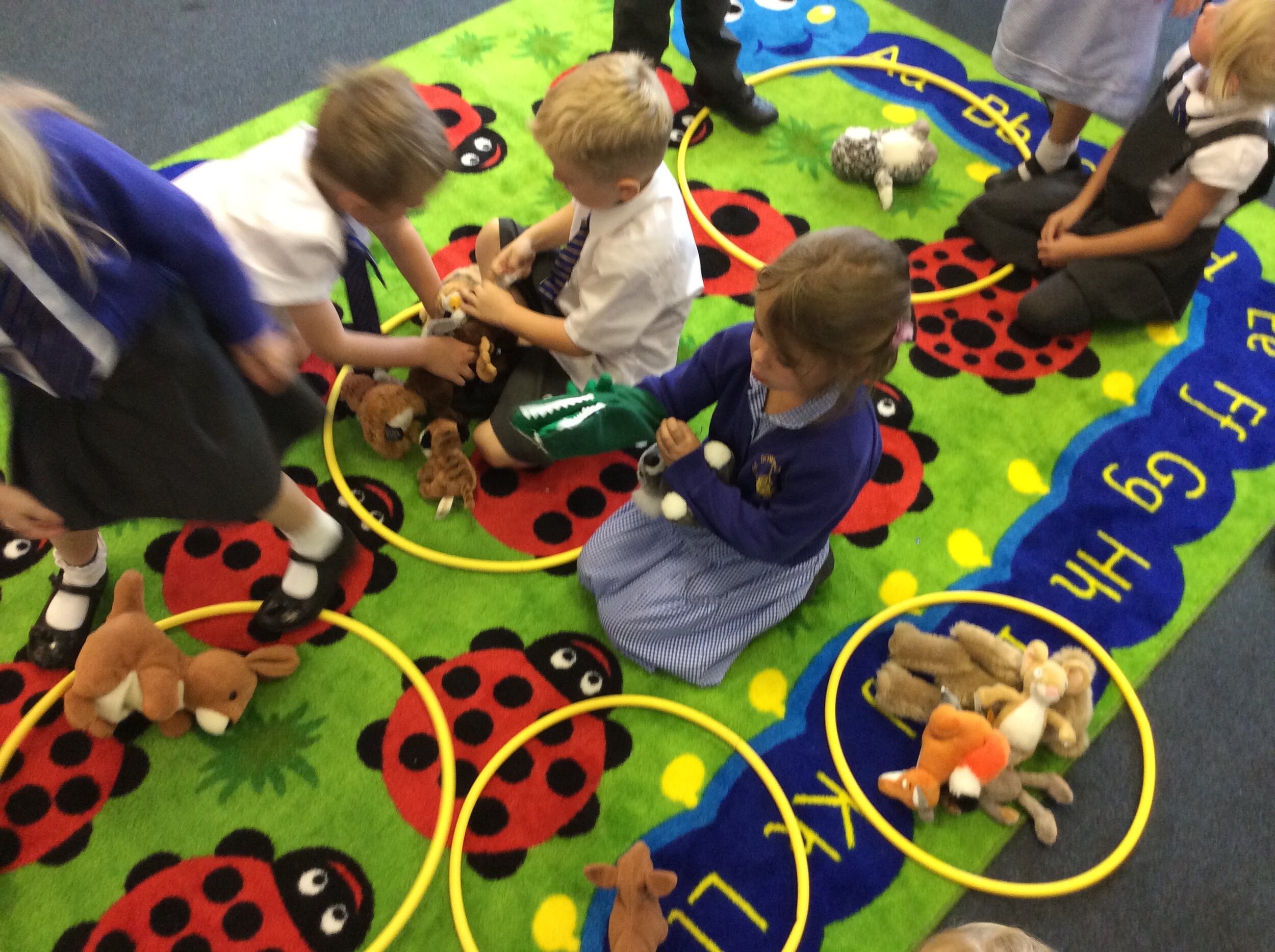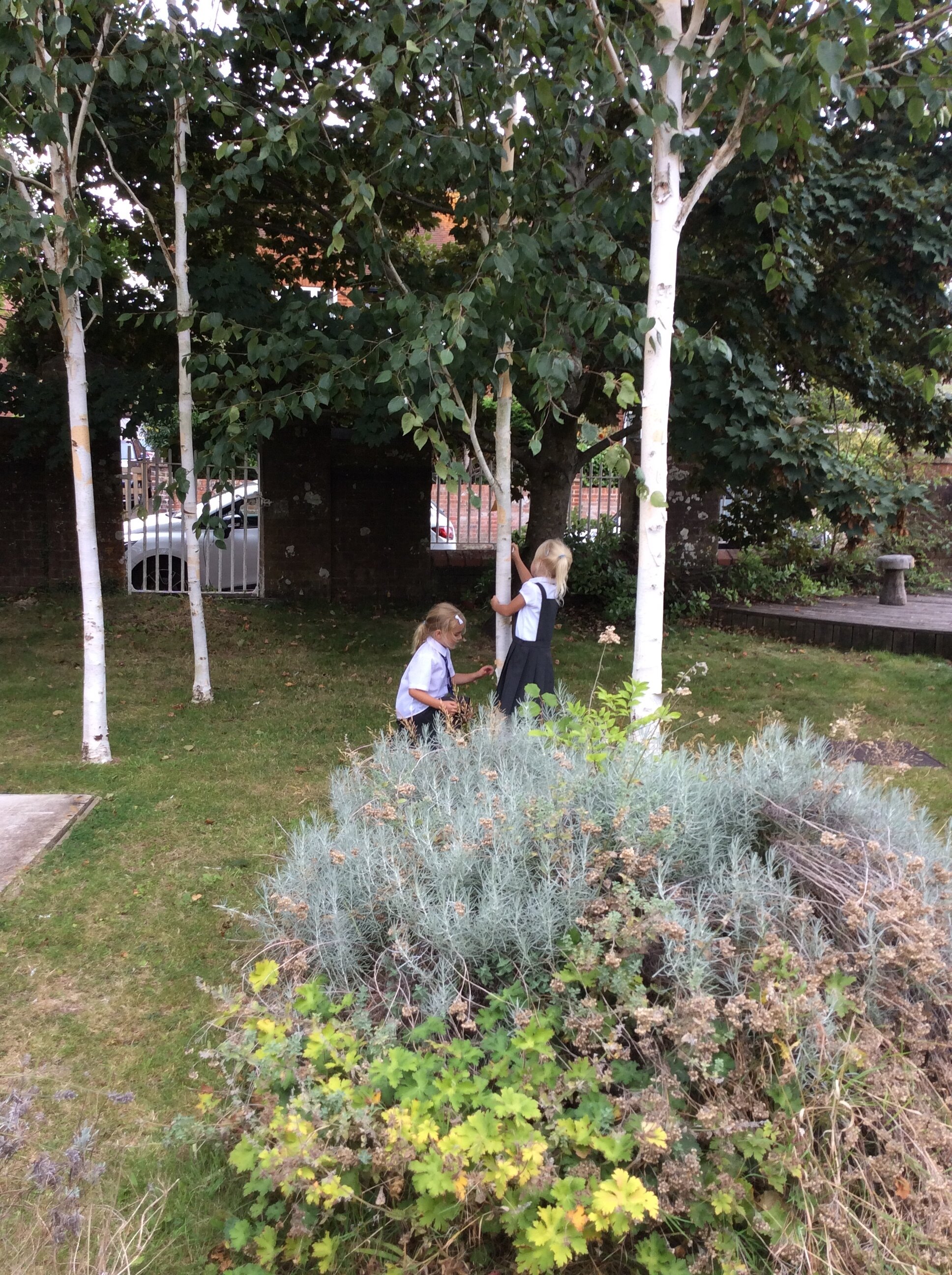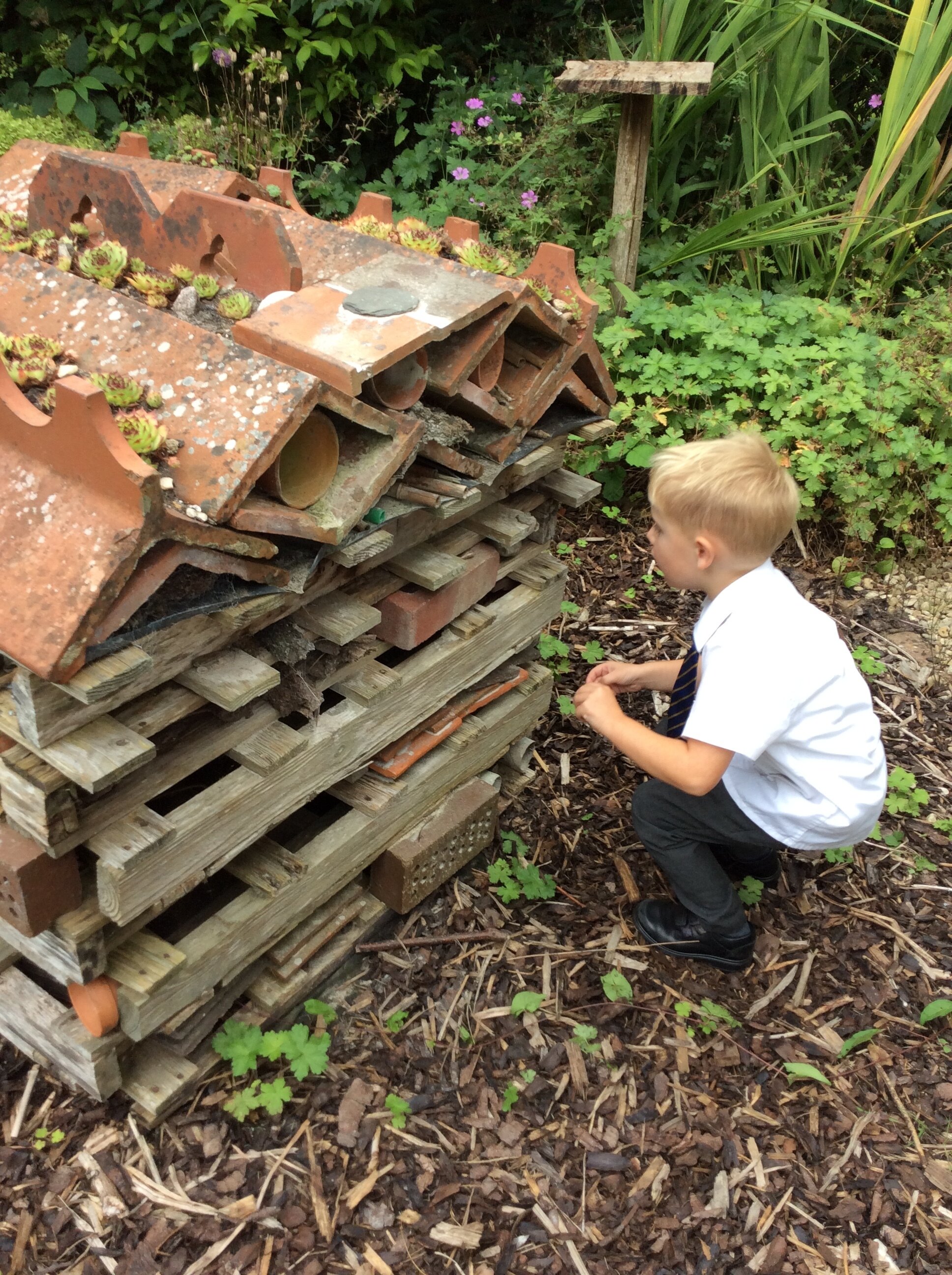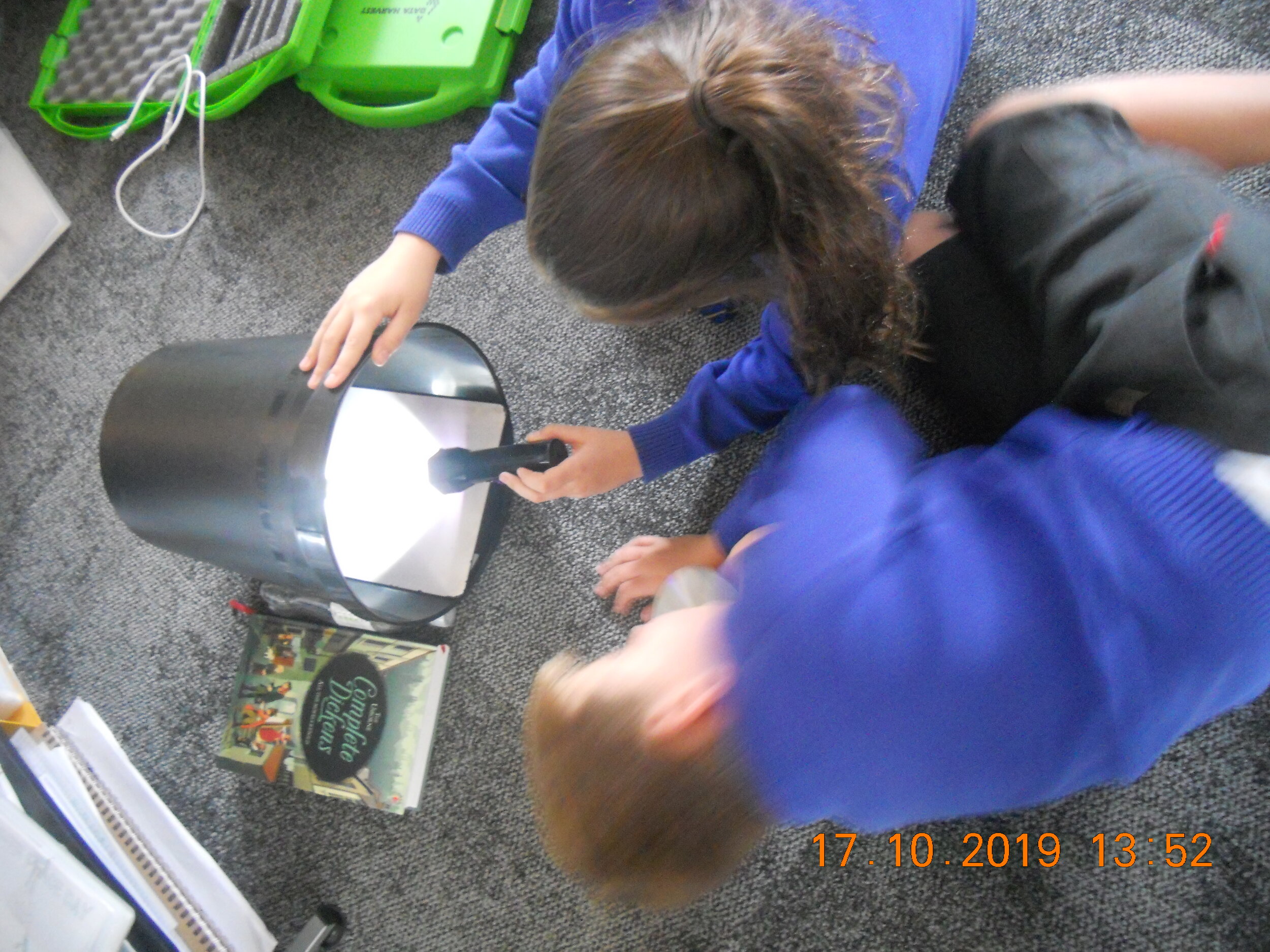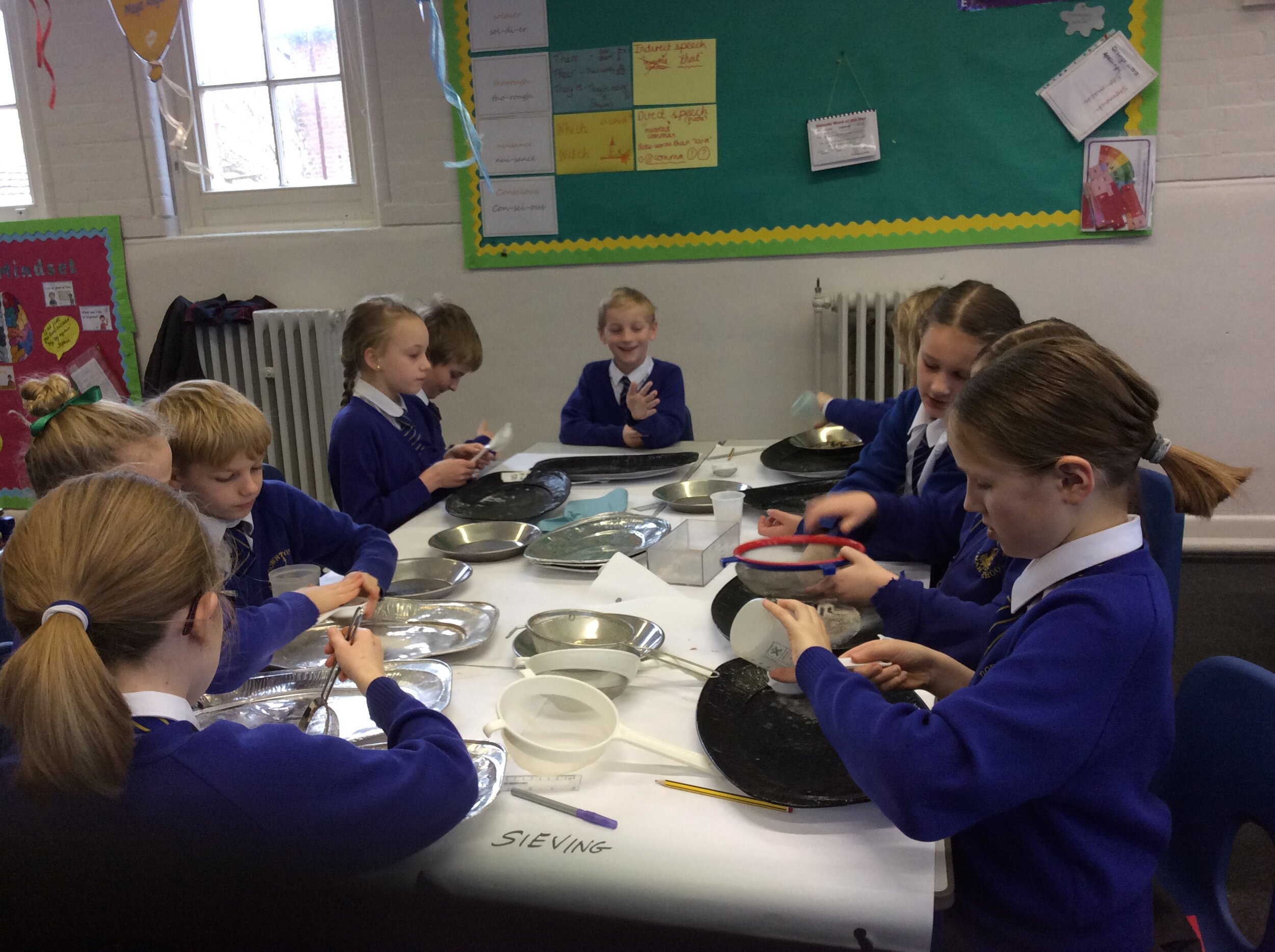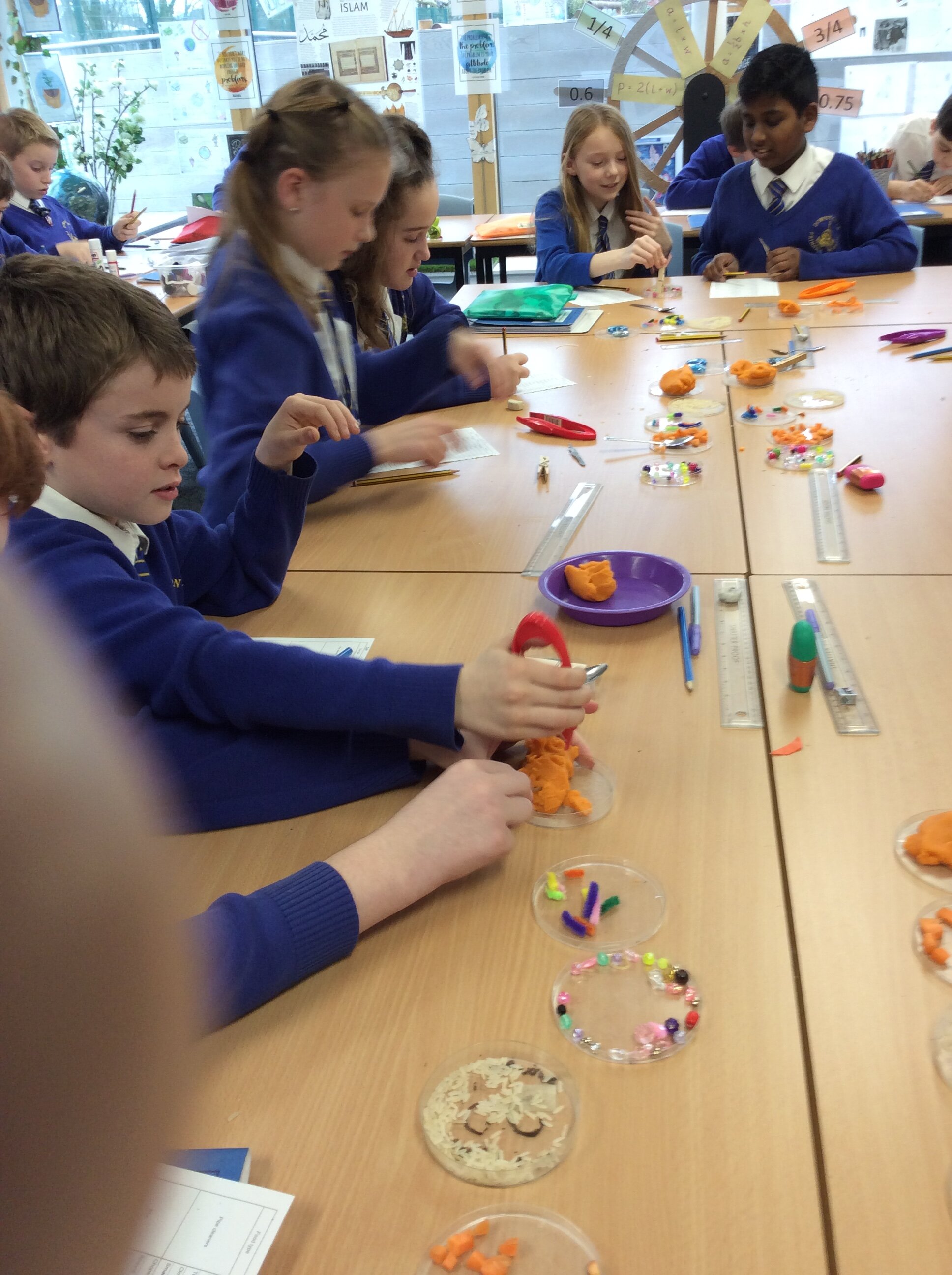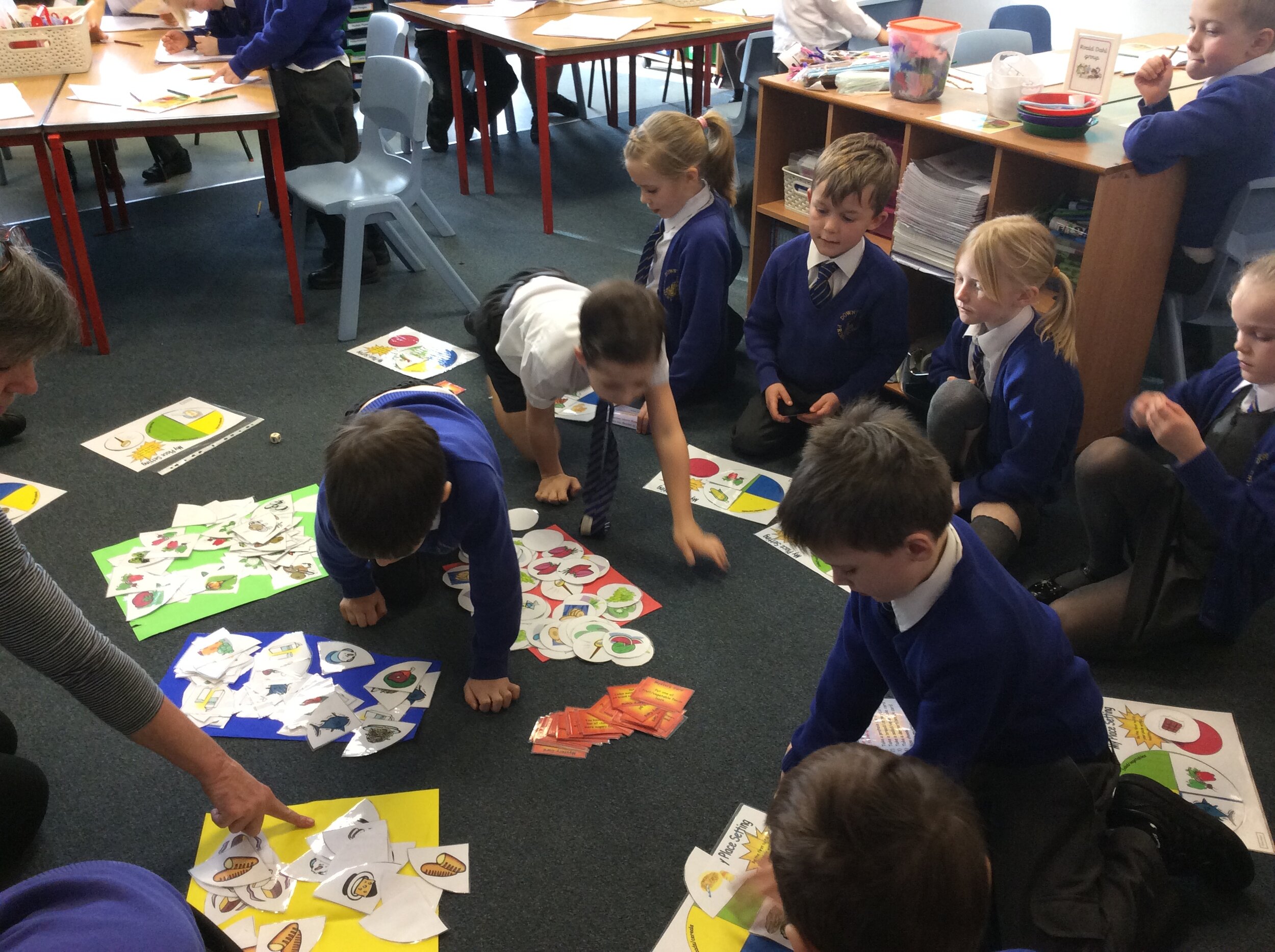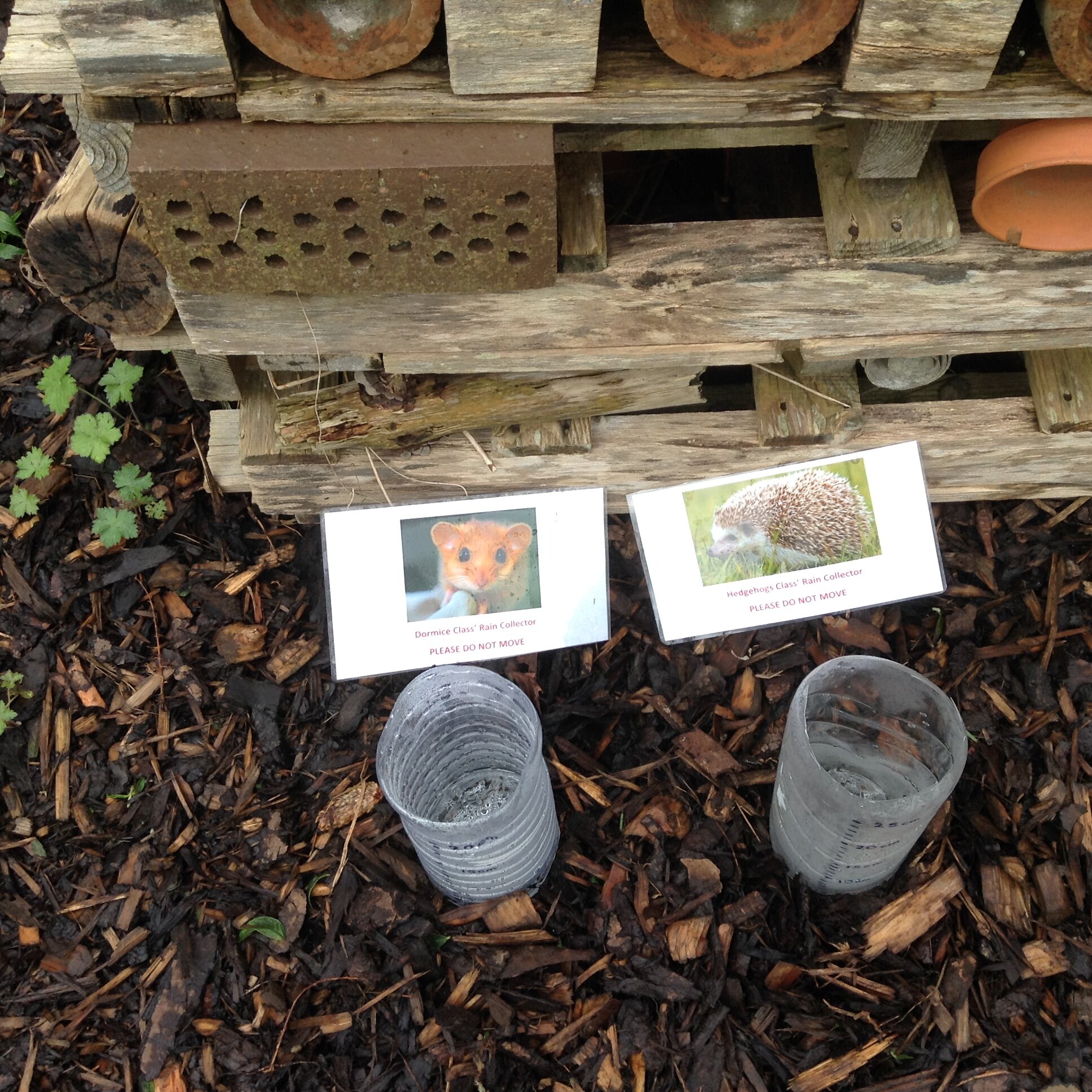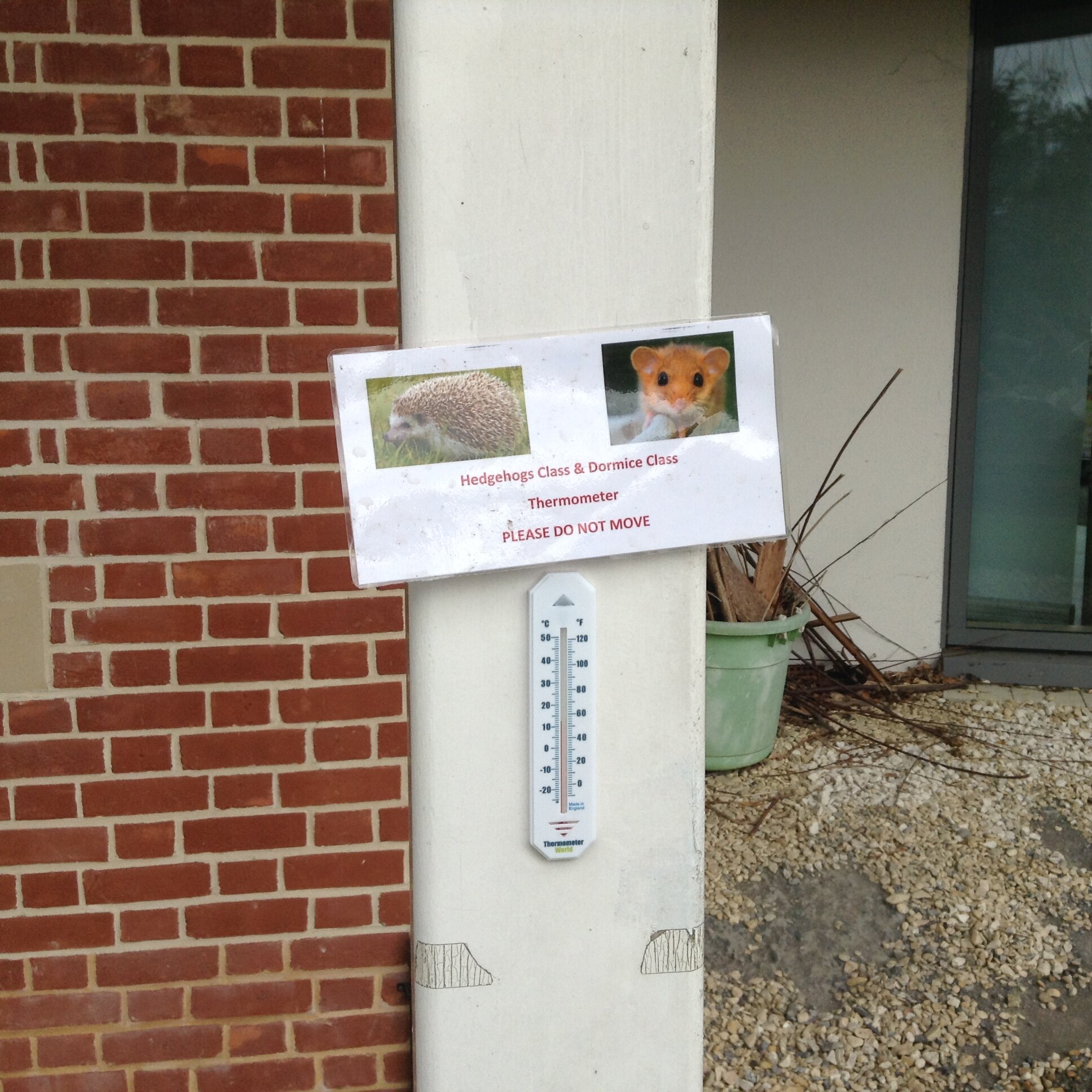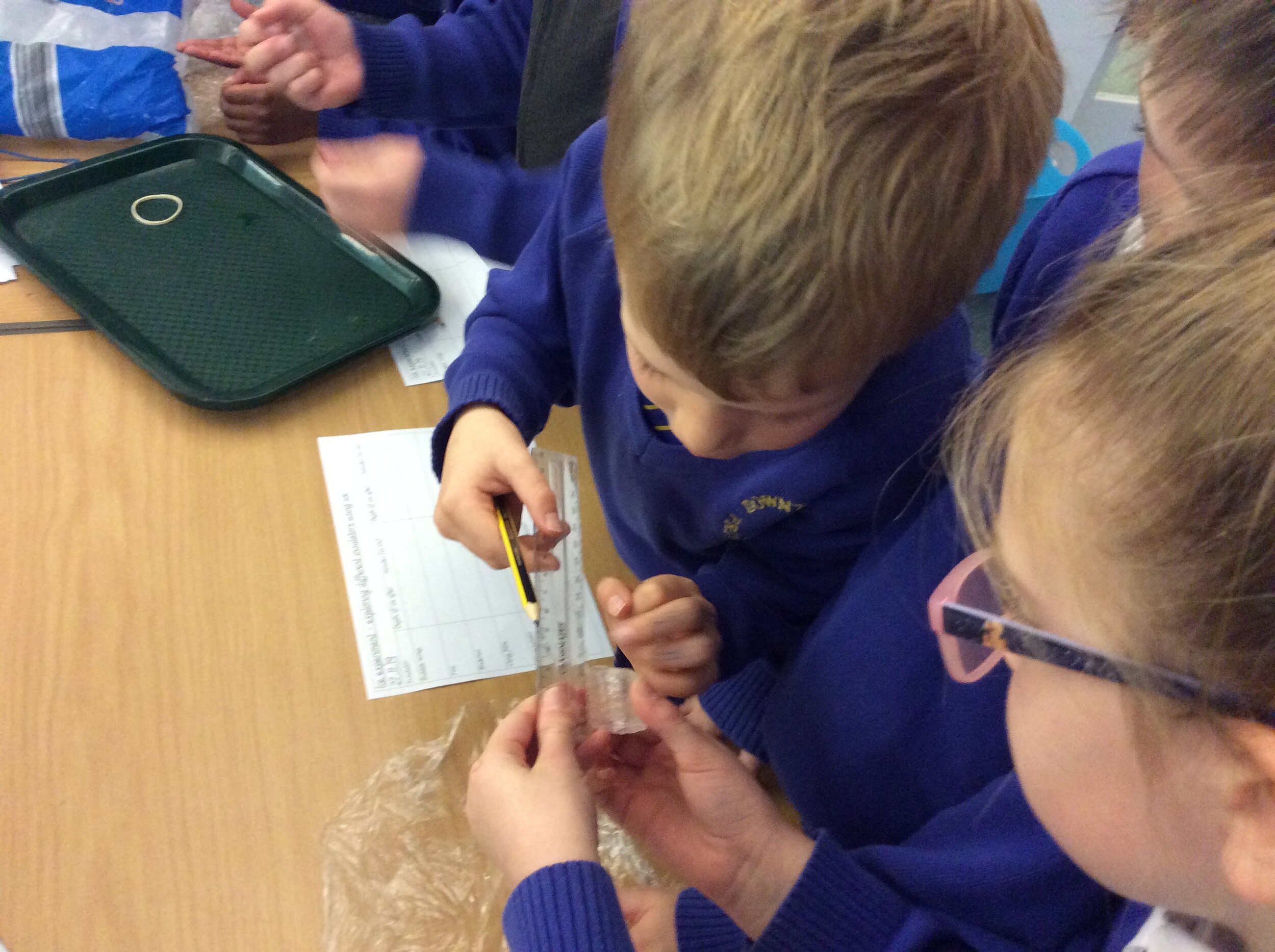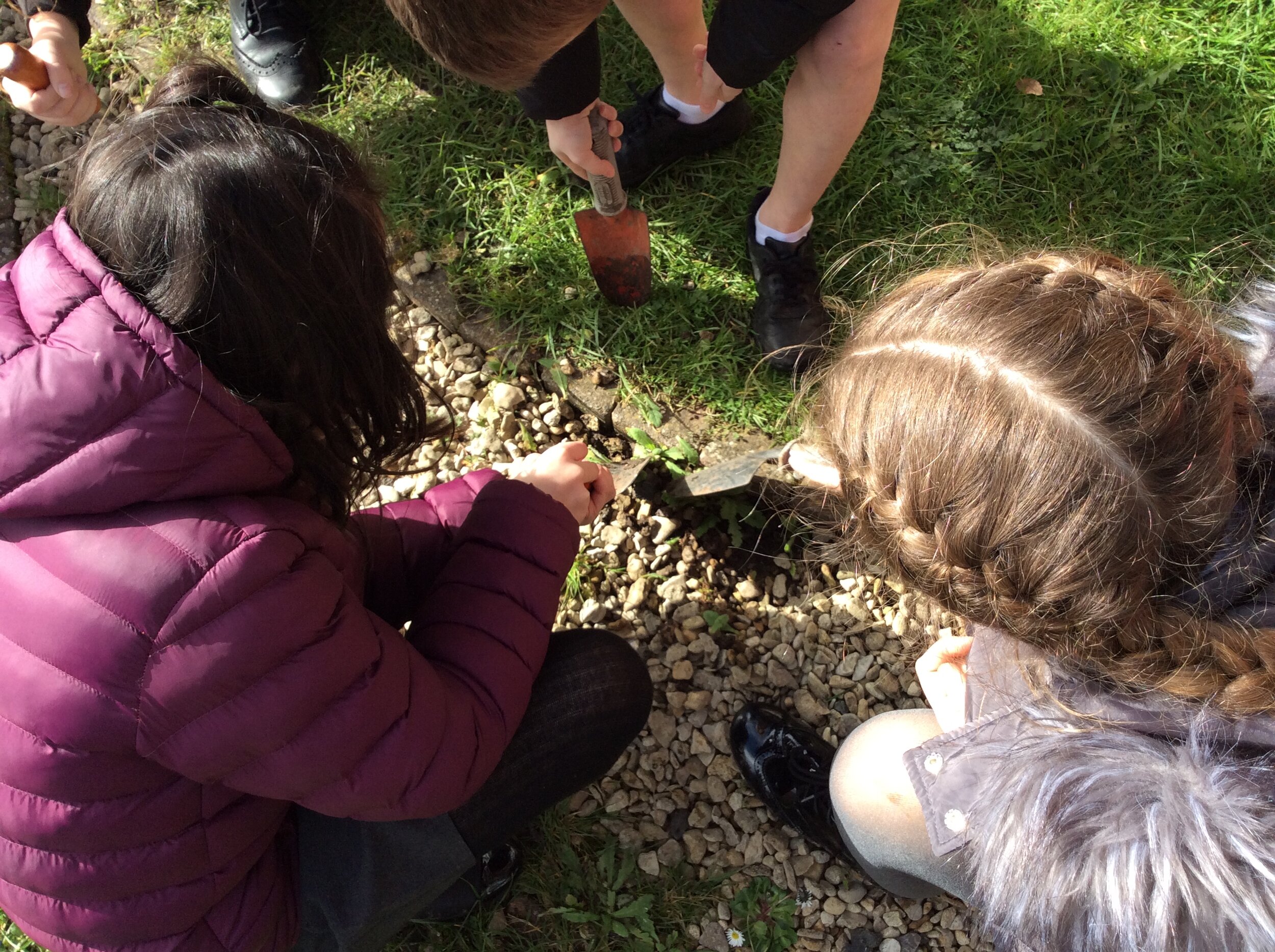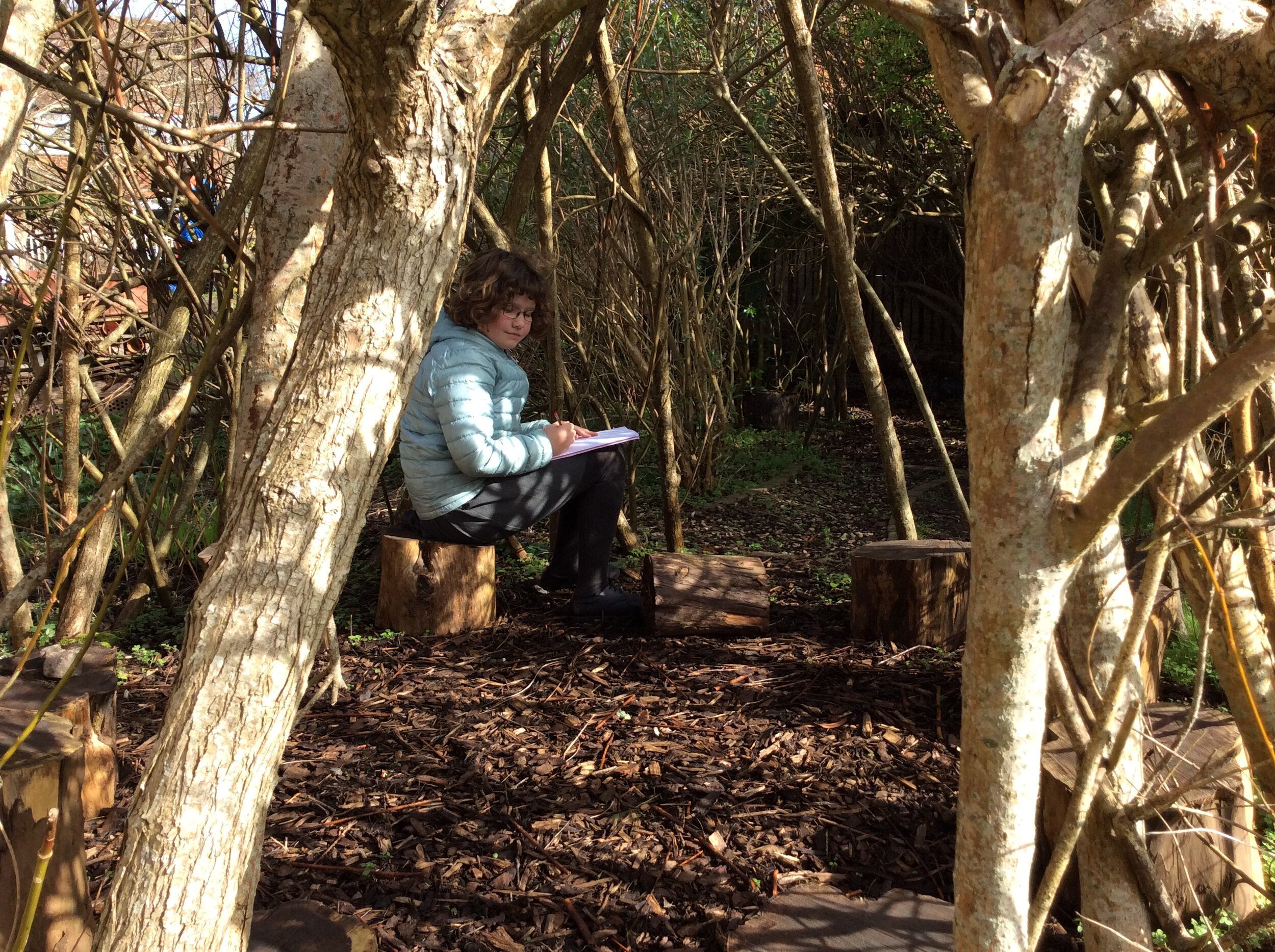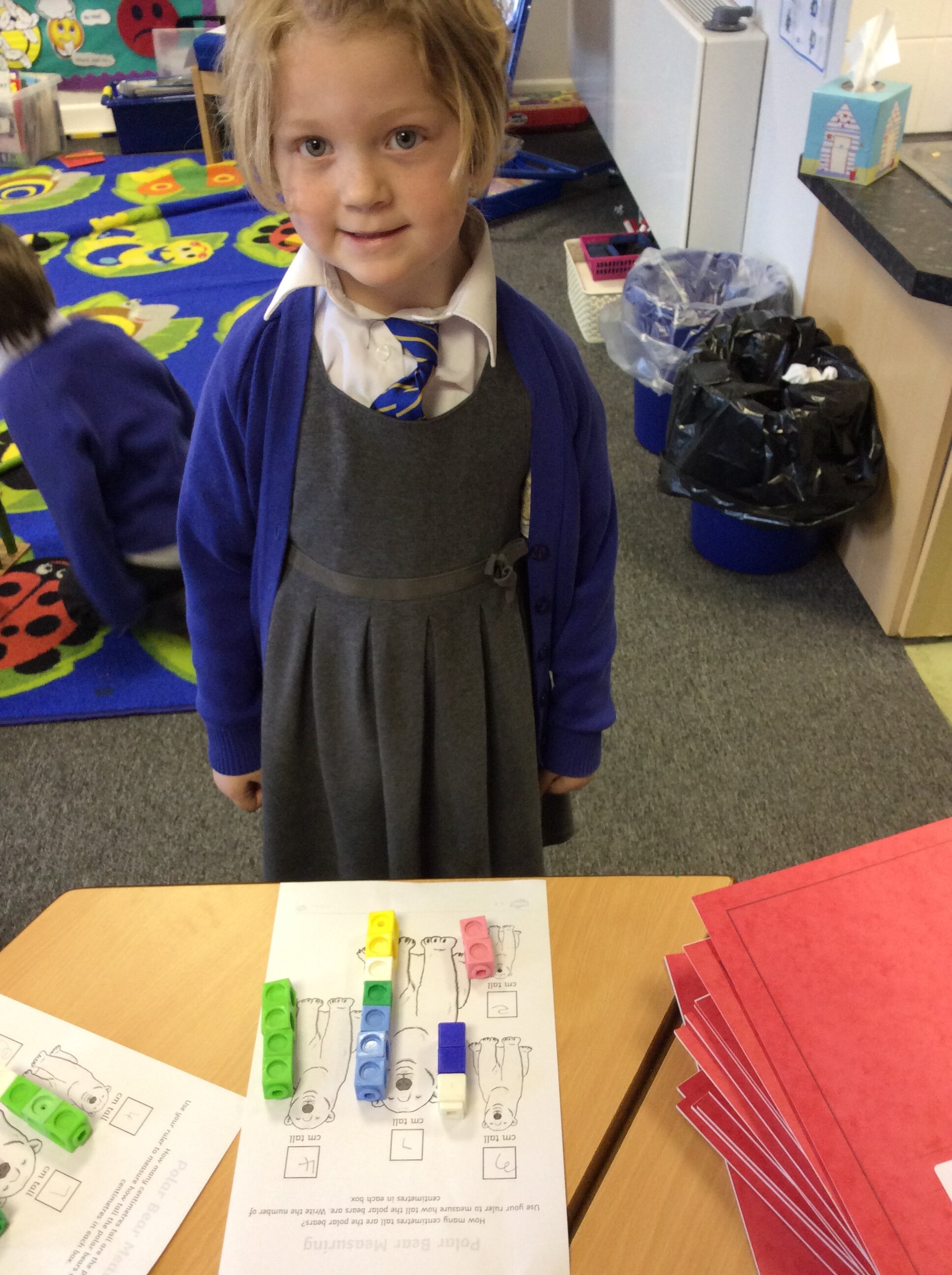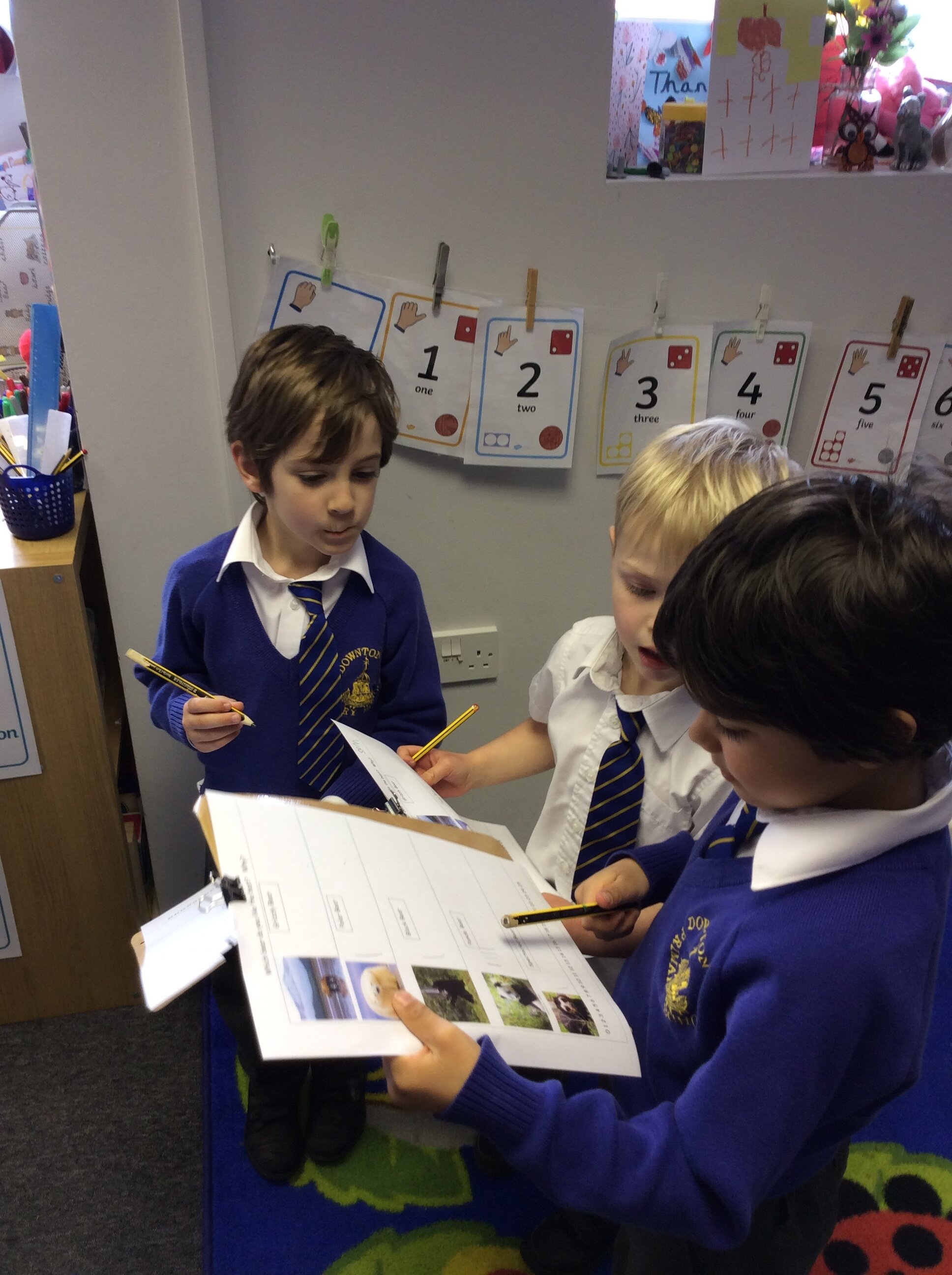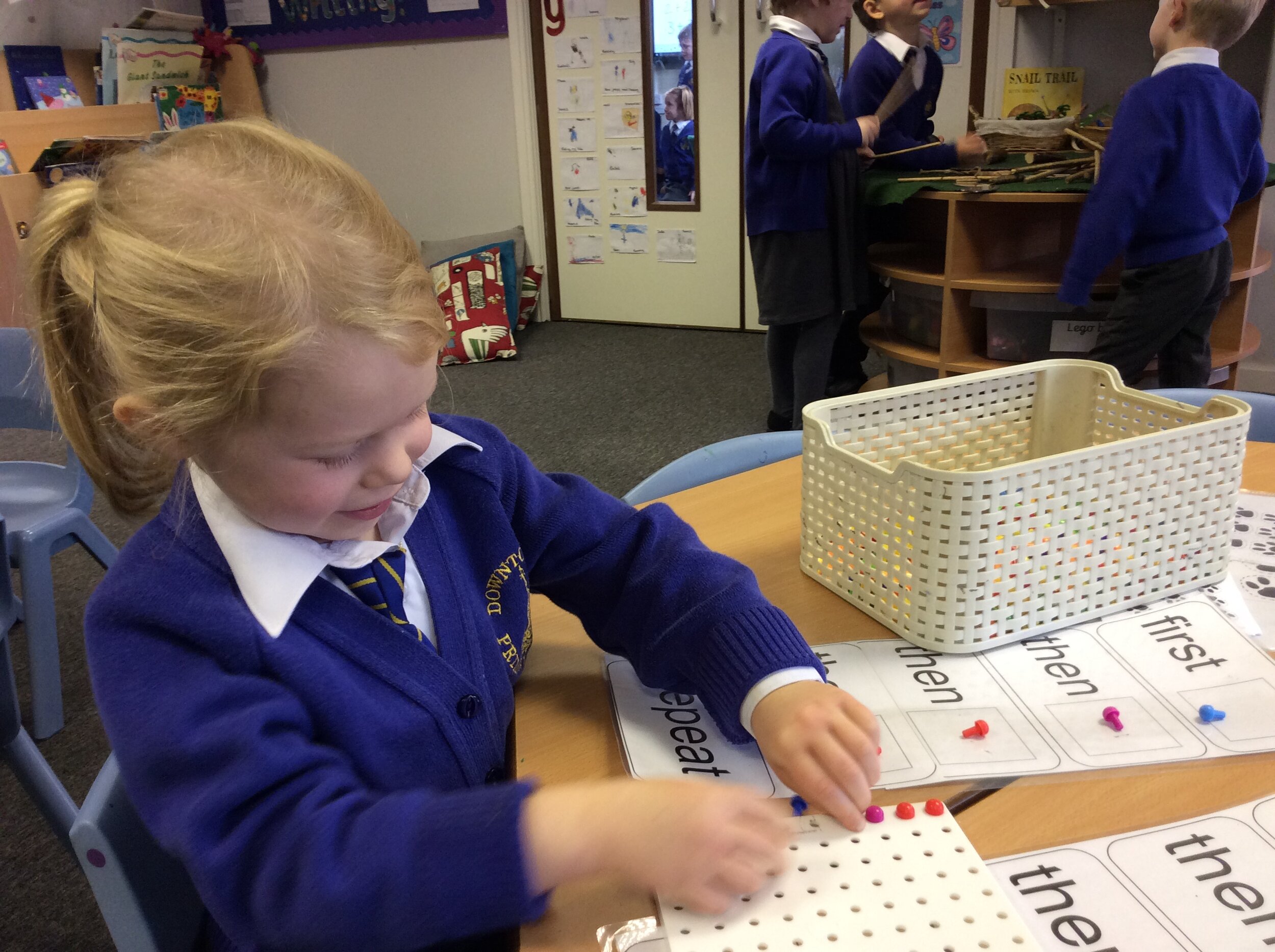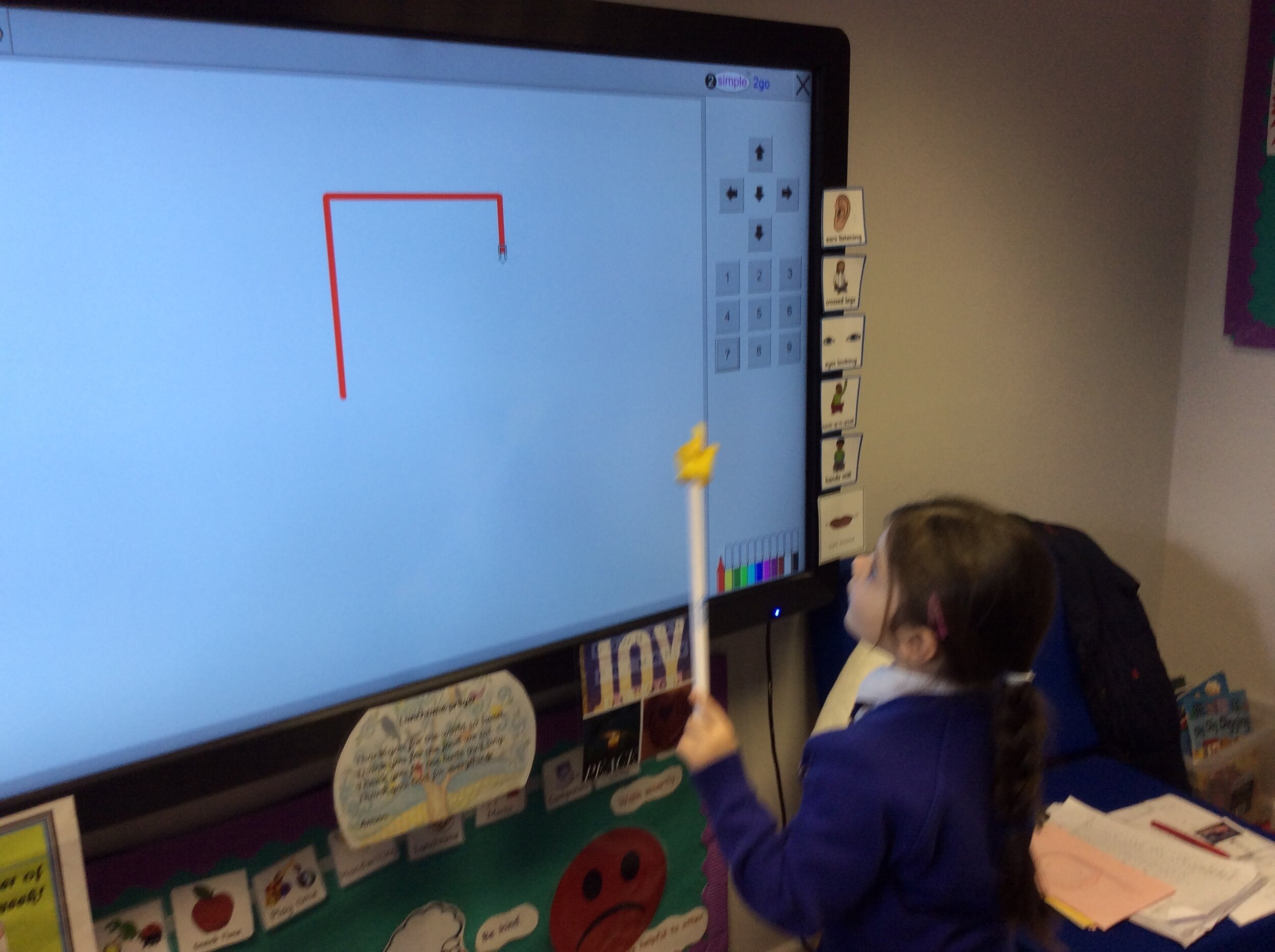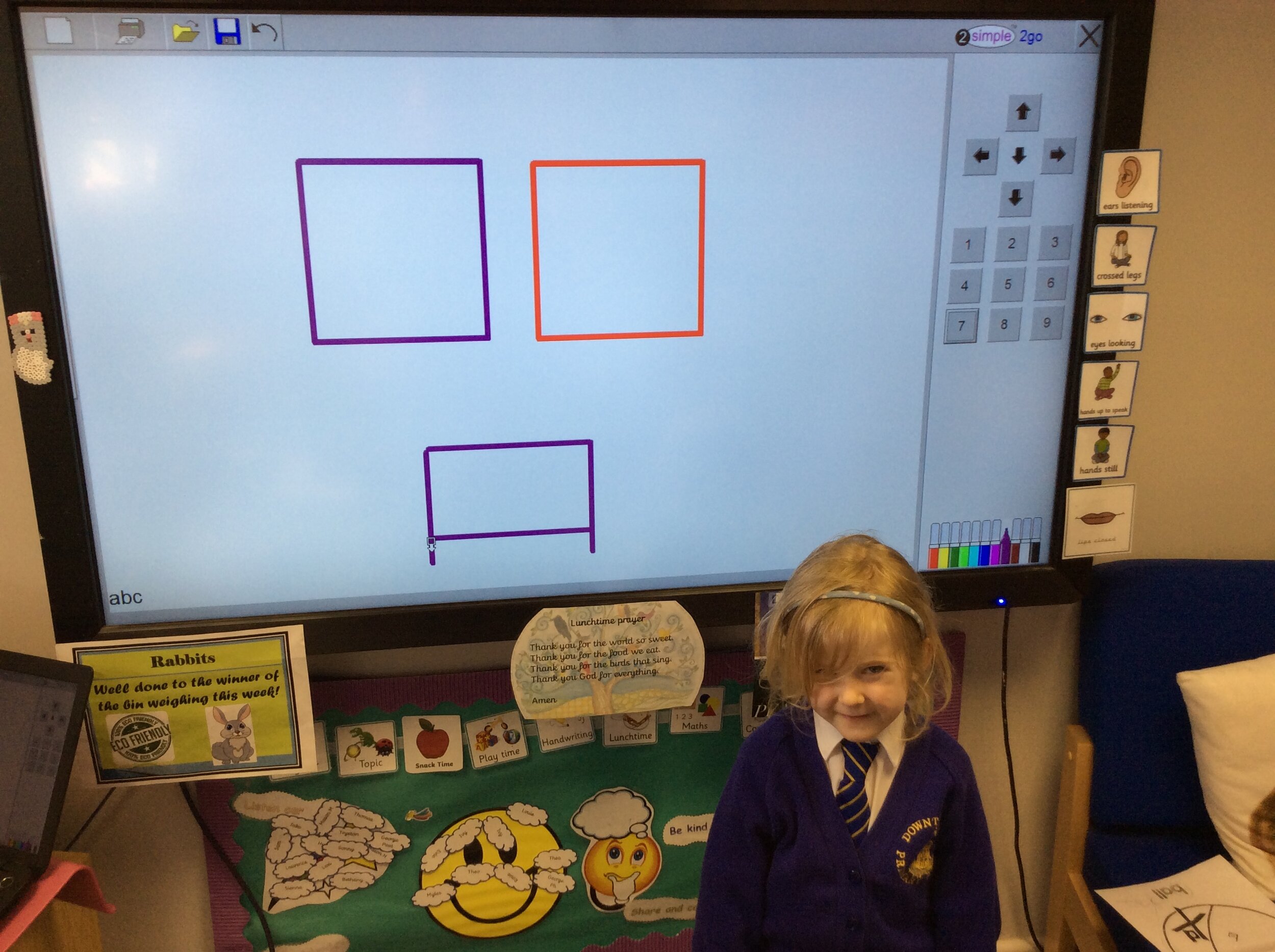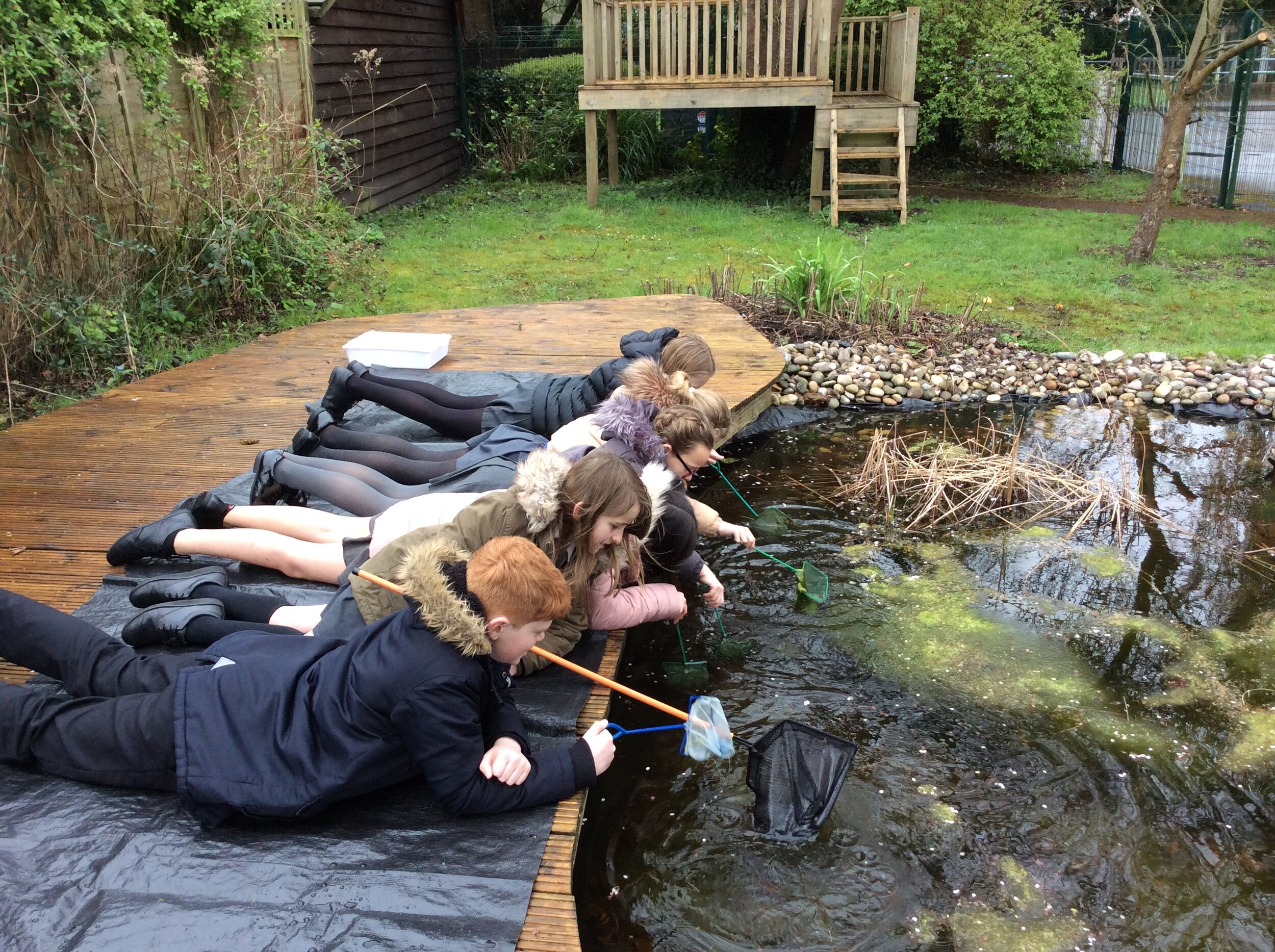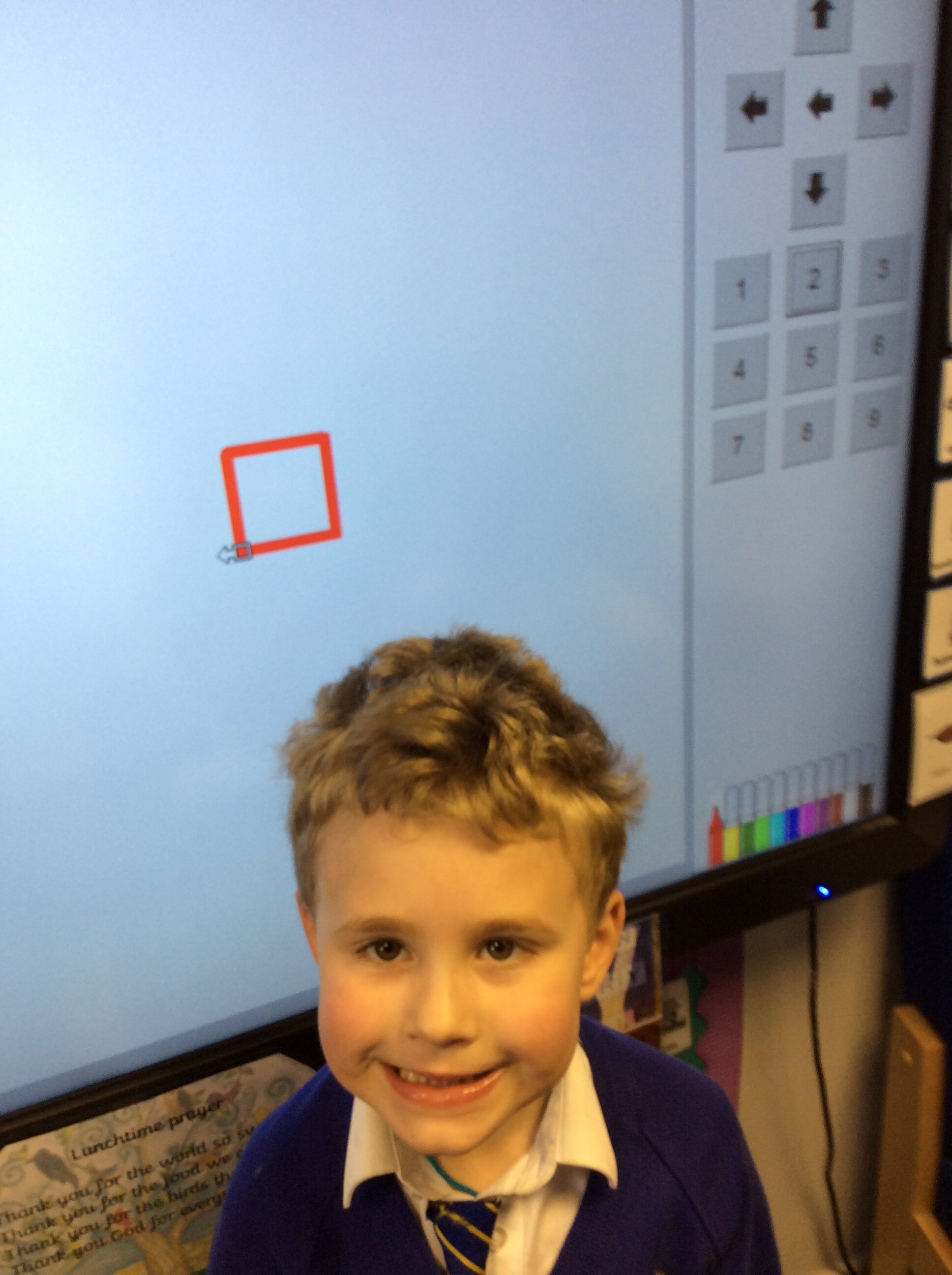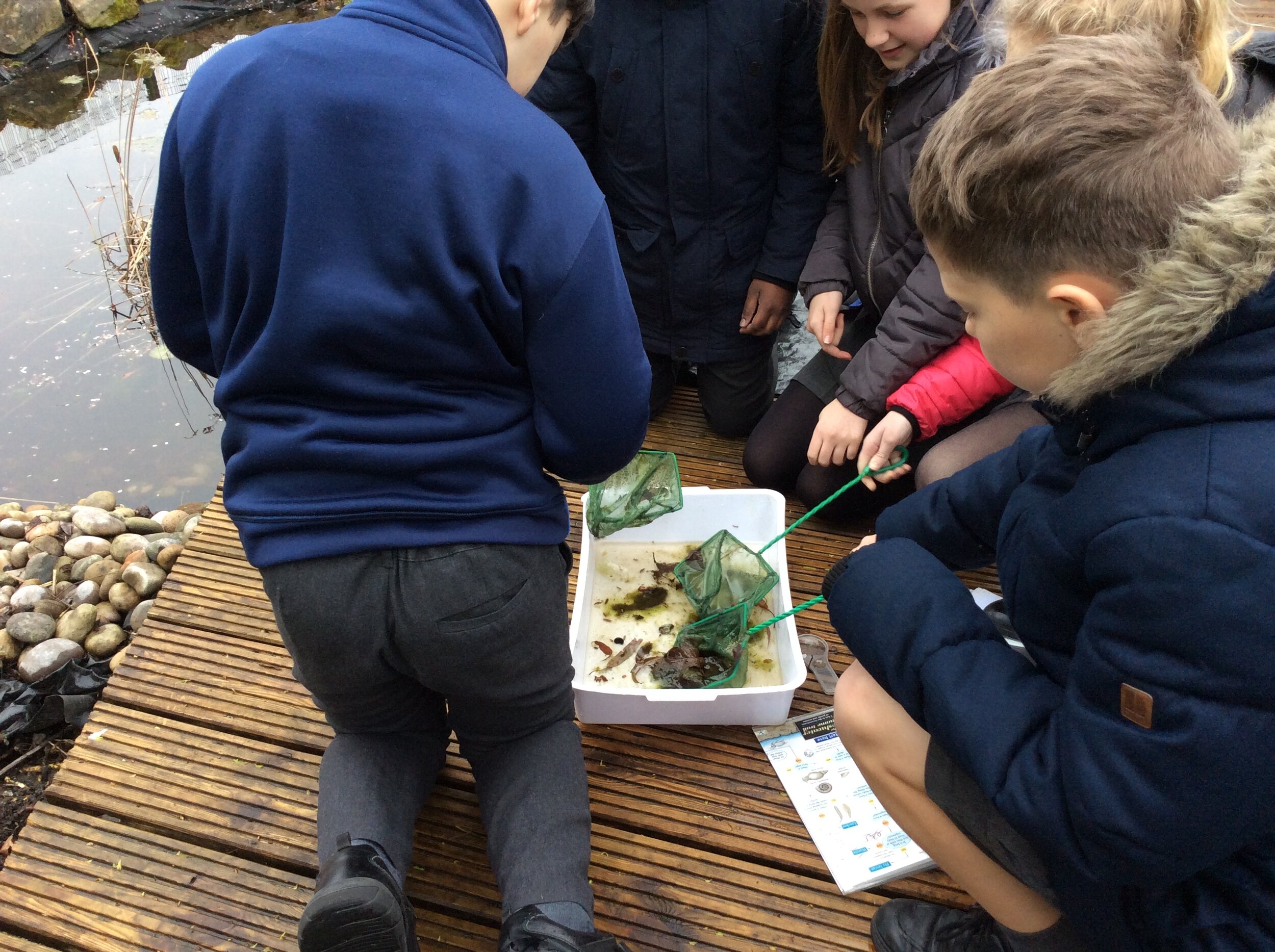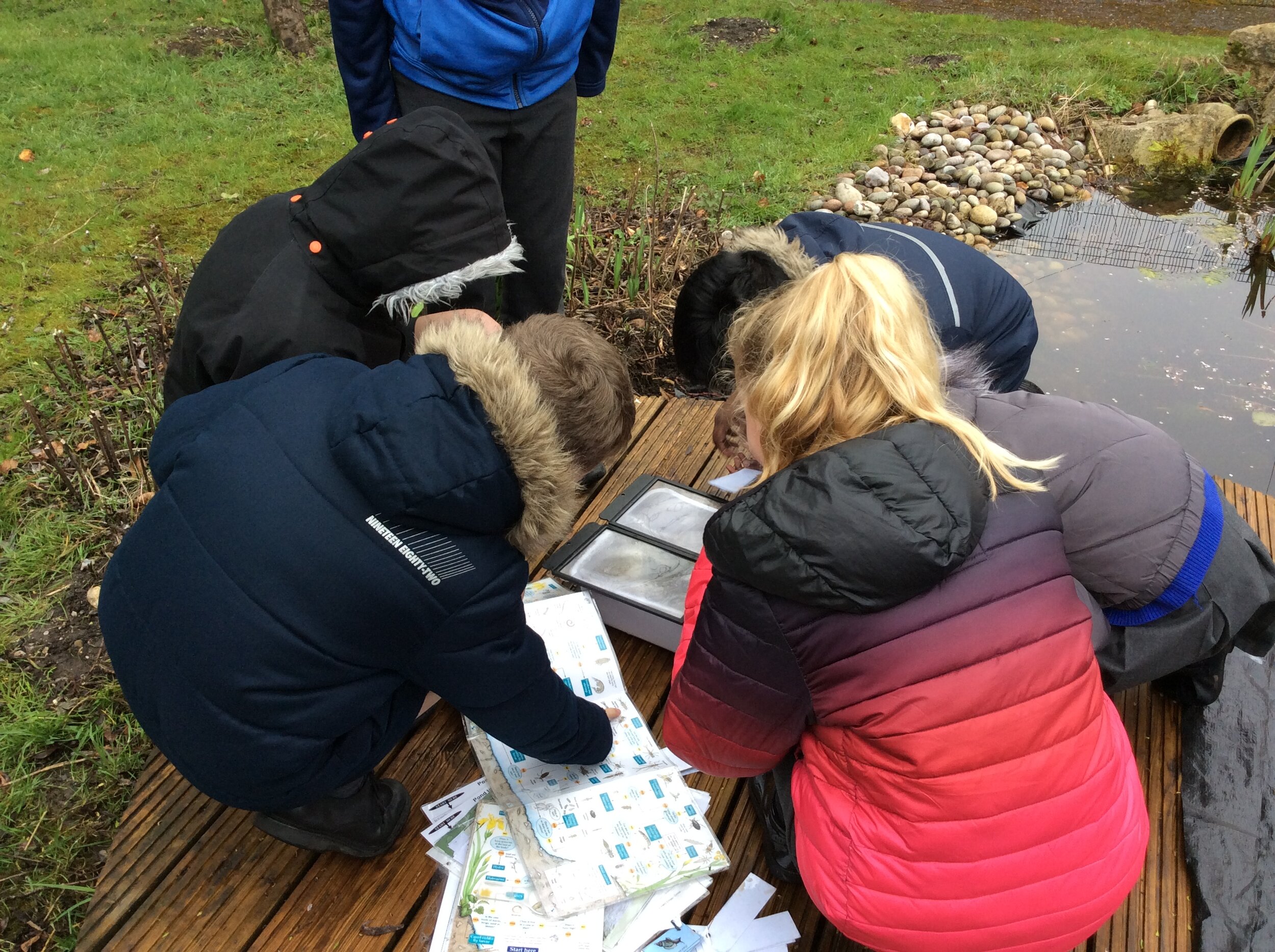Science
Intent
Our aim is for children to become articulate, informed, and empowered scientists, developing a deep curiosity about the world around them. Our Science curriculum, has been carefully developed by our team and our on staff science specialist, to ensure we provide a knowledge-rich, enquiry-driven approach that builds a strong foundation in scientific understanding. Pupils progressively develop their ability to question, investigate, and reason scientifically, using precise scientific vocabulary to explain real world concepts confidently. We are committed to ensuring that science is accessible to all learners, fostering curiosity, critical thinking, and a love for discovery. We prioritise inclusivity, ensuring that science is accessible to all learners and that every child can develop confidence in their scientific understanding.
Informed
Science is a core subject of the National Curriculum. All class teachers are responsible for the implementation of this statement under the guidance of the subject leader who is responsible for monitoring its implementation and effectiveness in accordance with whole school monitoring procedures.
Pupils study living things (including plants, animals and humans), materials (including solids, liquids and gases), and learn about electricity, forces, light, sound and the place of the Earth within the solar system. Science is taught both within a cross curricular context, with explicit links made to other subject areas in particular ICT, Mathematics and English, as well as discretely for particular concepts and skills. Emphasis is placed on safe, effective practical work of a high quality.
Science is predominantly a practical subject. As appropriate to maturity and understanding, all children in school have the opportunity to use a wide range of equipment such as data loggers, viewers, torches, and mirrors. Science is taught within different contexts; primary classrooms, secondary school laboratories and in the field. At Downton CE VA Primary School, outdoor science education gives first-hand experience of the natural and built environment, provides opportunities for teamwork and includes all aspects of Science including chemistry, earth sciences, physics as well as ecology and biology.
Staff will foster and support the spirit of enquiry, provide structured support for the development of children as independent learners who understand the value of the subject, ensure that the school meets the obligations in the teaching of Science as outlined in the National Curriculum 2014 and that the teaching of Science contributes to a broad and balanced curriculum with explicit reference to Maths, Literacy and RE.
Articulate
The teaching of Science at Downton CE VA Primary School is essential as part of the children’s learning process for educational, personal and intellectual development. Science is introduced to children from their earliest years, building on their own experiences and using the immediate environment wherever possible. Children are encouraged to examine, investigate, question, discuss and think about the world around them.
Children are encouraged to ask lots of questions, to collect their own data, record/present/interpret their findings in a variety of ways and to communicate through a variety of media. As an integral part of culture, past and present, it helps pupils understand themselves and relate to others, forging important links between the home, school and the wider world.
Empowered
At Downton Primary School through Science teaching and learning, we aim to ensure, via the spiralled DPS Science curriculum framework that the children will obtain the skills to work independently to investigate their own ideas. This means we that we hope that every child will become an independent inquisitive learner who is confidently reflective and positively empowered to make a contribution to society.
Implementation
Long term plans for all subjects are taken initially from the National Curriculum. These are reflected in the school’s curriculum policy or on the topic cycle. The topic cycle is supported by yearly overviews for each year group.
Our carefully sequenced curriculum builds on prior knowledge and is rooted in both national curriculum expectations and the unique aspects of our local area. Pupils revisit and deepen their understanding of science principles over time.
Scientific enquiry is at the heart of learning, with pupils conducting investigations, making predictions, observing patterns, and drawing conclusions.
Technical vocabulary and oracy are embedded, enabling pupils to communicate their ideas with clarity and confidence.
Lessons include a balance of theoretical knowledge and hands-on practical investigations, ensuring pupils experience the real-world application of science.
Retrieval practice via quiz starters and regular assessments support long-term retention of key scientific concepts.
Diversity in science is celebrated, ensuring pupils understand the contributions of scientists from different backgrounds and cultures.
STEM links and cross-curricular opportunities ensure that science is integrated into a broader understanding of the world.
Science learning is inclusive and adapted to meet the needs of all pupils, with high expectations for every learner.
Impact
Pupils develop a secure understanding of key scientific knowledge and skills, which they can confidently apply to different contexts.
They become critical thinkers, able to evaluate evidence, ask meaningful questions, and form logical conclusions.
Pupils are able to articulate scientific ideas using precise vocabulary, demonstrating their ability to explain and reason scientifically.
Pupils can articulate scientific ideas with precision, using subject-specific vocabulary fluently and with confidence.
Eco
As a community we are committed to living and learning in a sustainable way. We have just had our Green Flag Status renewed with distinction! Check out our ‘Eco News’ page.
National curriculum
A high-quality science education provides the foundations for understanding the world through the specific disciplines of biology, chemistry and physics. Science has changed our lives and is vital to the world’s future prosperity, and all pupils at Downton Primary School are taught essential aspects of the knowledge, methods, processes and uses of science.
Through building-up a body of key foundational knowledge and concepts, pupils are encouraged to recognise the power of rational explanation and develop a sense of excitement and curiosity about natural phenomena. They are encouraged to understand how science can be used to explain what is occurring, predict how things will behave, and analyse causes.
Aims
The national curriculum for science aims to ensure that all pupils:
develop scientific knowledge and conceptual understanding through the specific disciplines of biology, chemistry and physics
develop understanding of the nature, processes and methods of science through different types of science enquiries that help them to answer scientific questions about the world around them
are equipped with the scientific knowledge required to understand the uses and implications of science, today and for the future.
